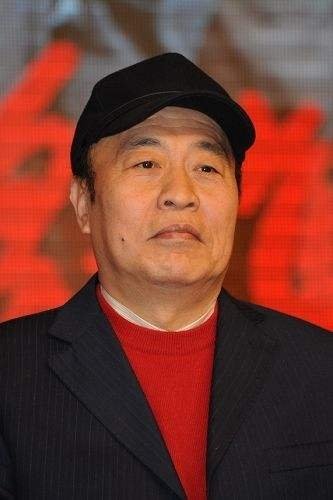
Wang Wufu
Birthday: Born in 1948-01-01 in Tianjin, China
Deathday: Alive
TV Credits
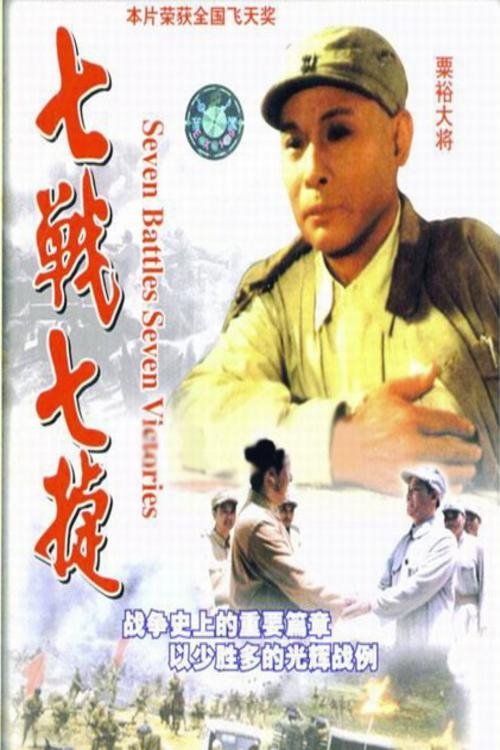
七战七捷
Character:
...
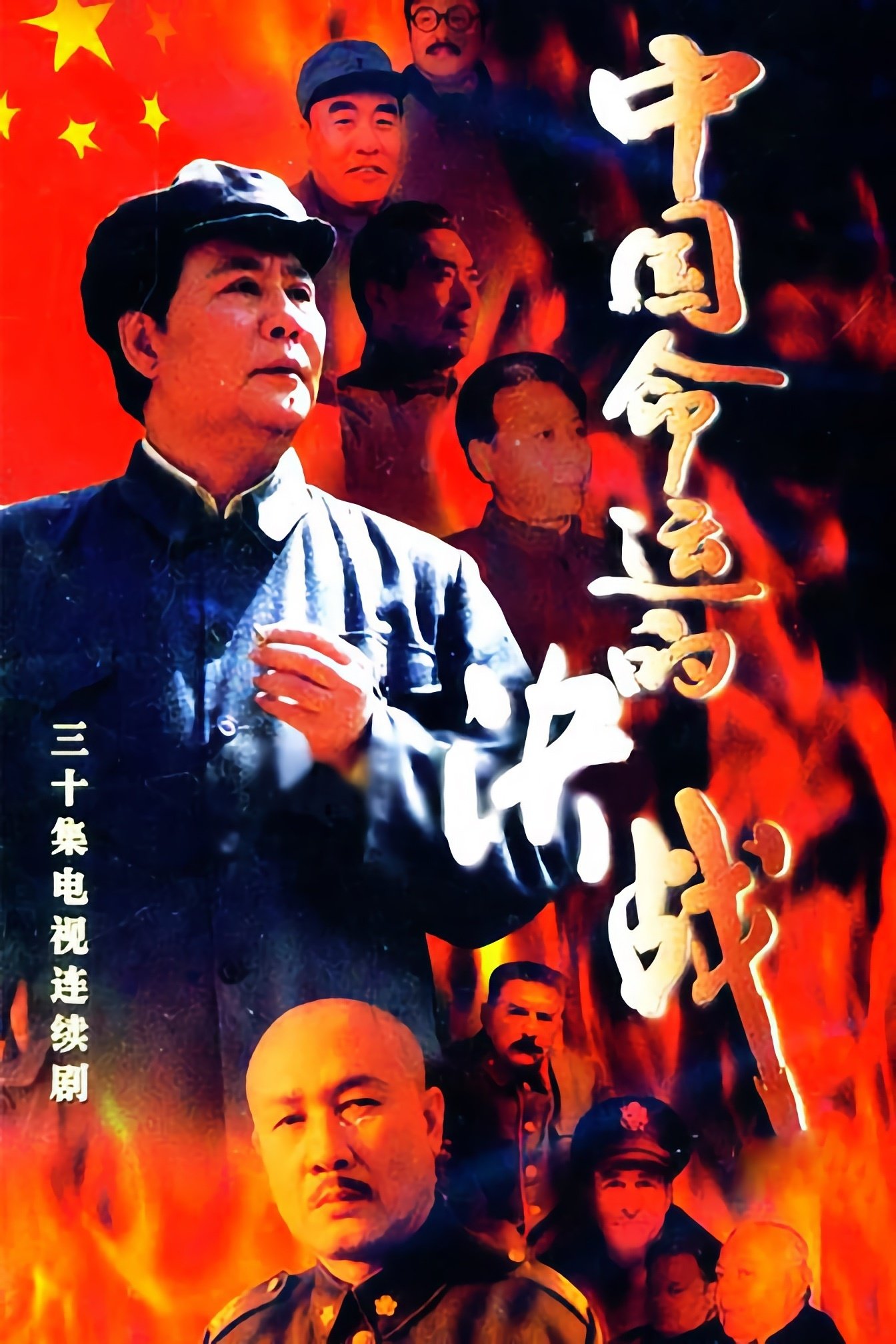
中国命运的决战
Character: Zhu De
...
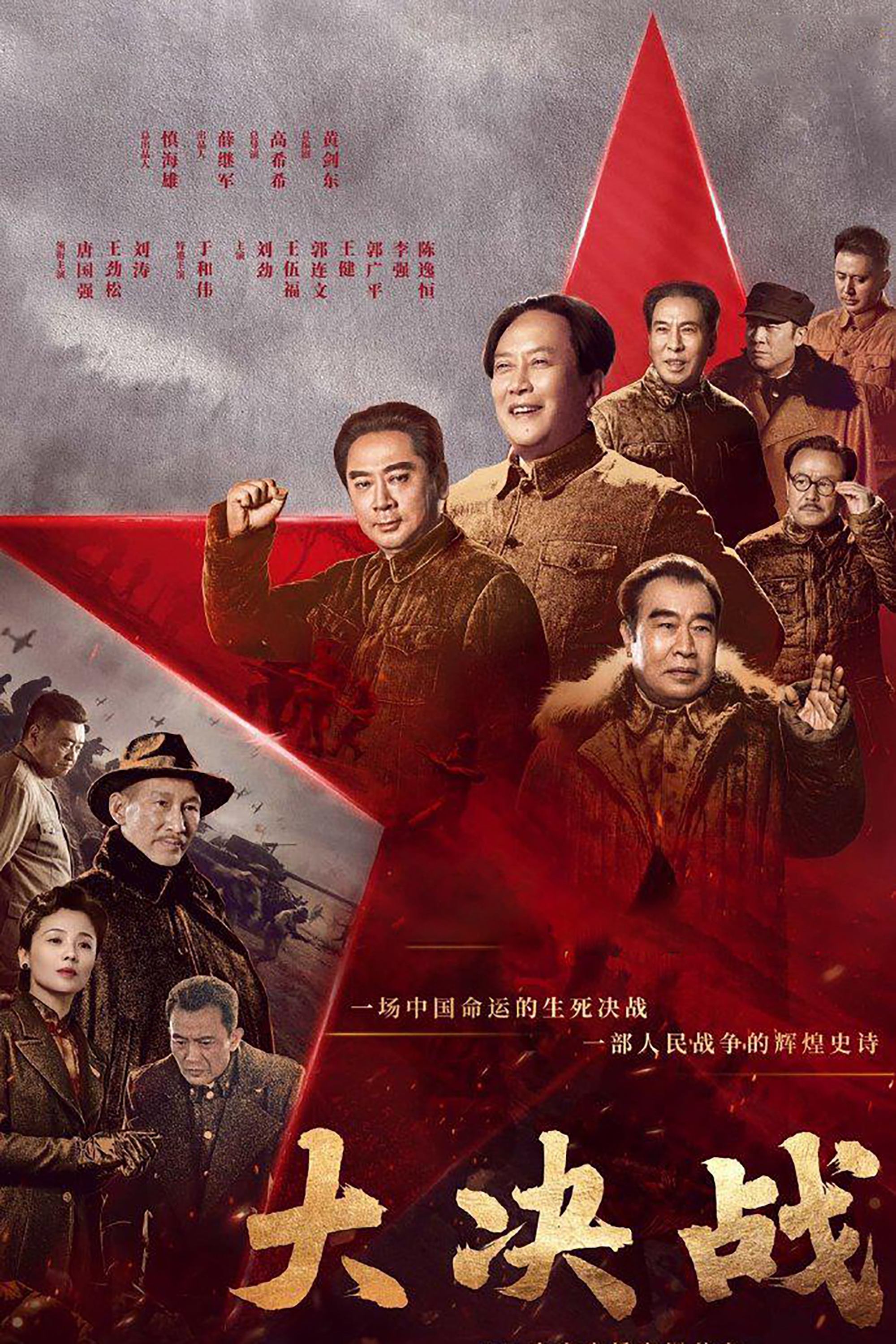
大决战
Character: Zhu De
For the first time, the drama "Decisive Victory" presents a panoramic view of the three major battles of Liaoshen, Huaihai and Pingjin in the form of a TV series, presenting a dramatic battle of China's destiny. It presents the three battles in three dimensions by telling the stories of strategy, tactics and battles and presents a vivid individual in the grand war through colorful characters....
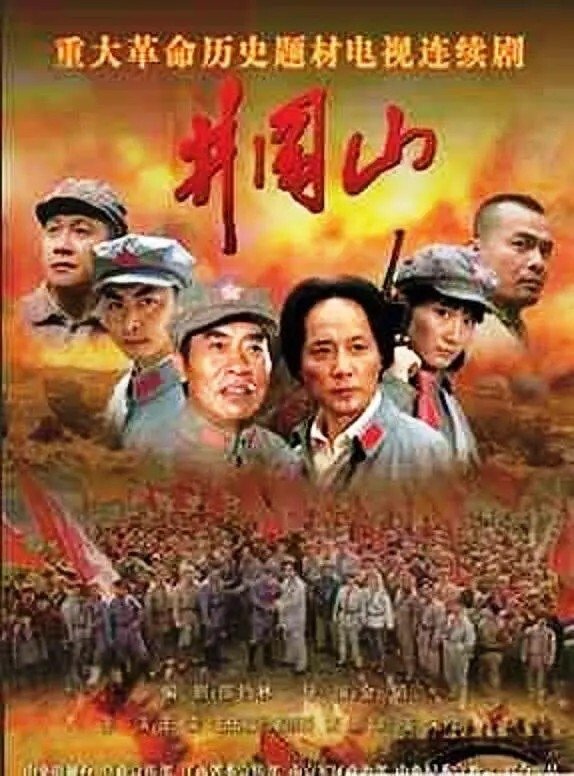
井冈山
Character: Zhu De
...
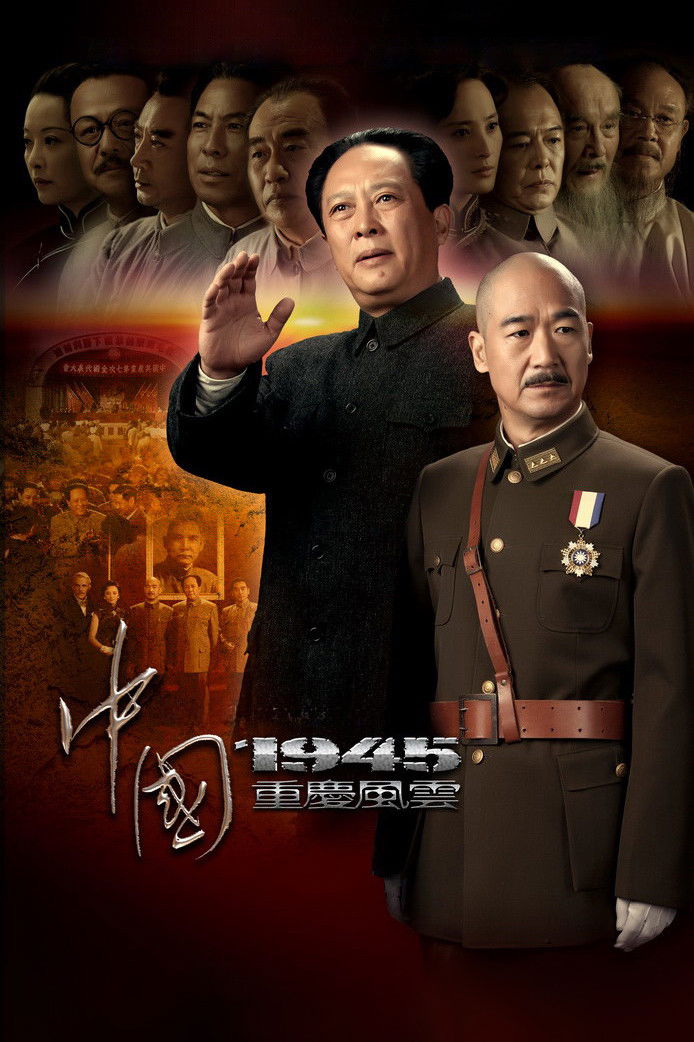
中国1945之重庆风云
Character: 朱德
...
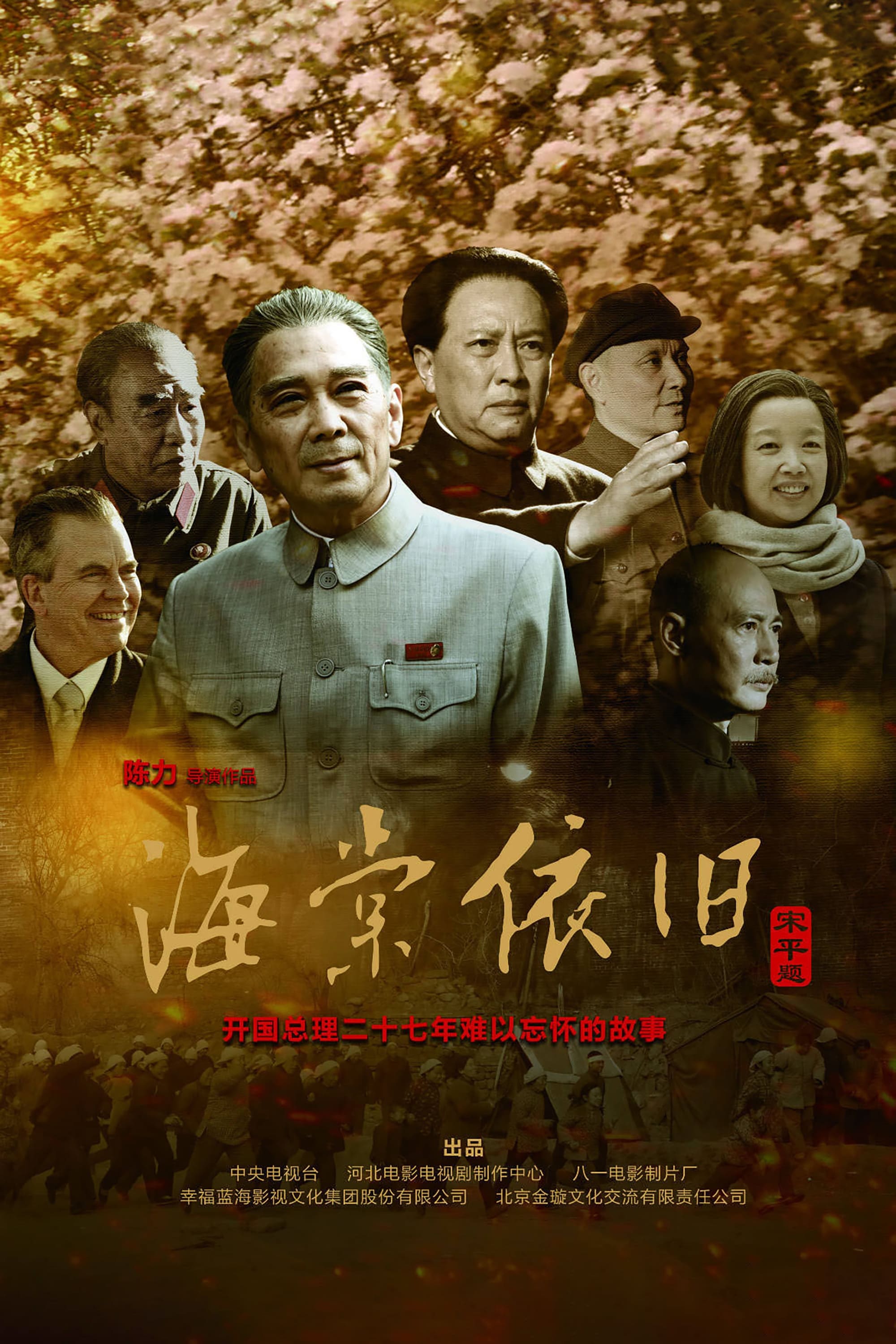
海棠依旧
Character: 朱德
This drama describes the life of Zhou Enlai, who serves as Premier of the People's Republic of China, from the founding of the Communist State in 1949 to 1976 until his death....
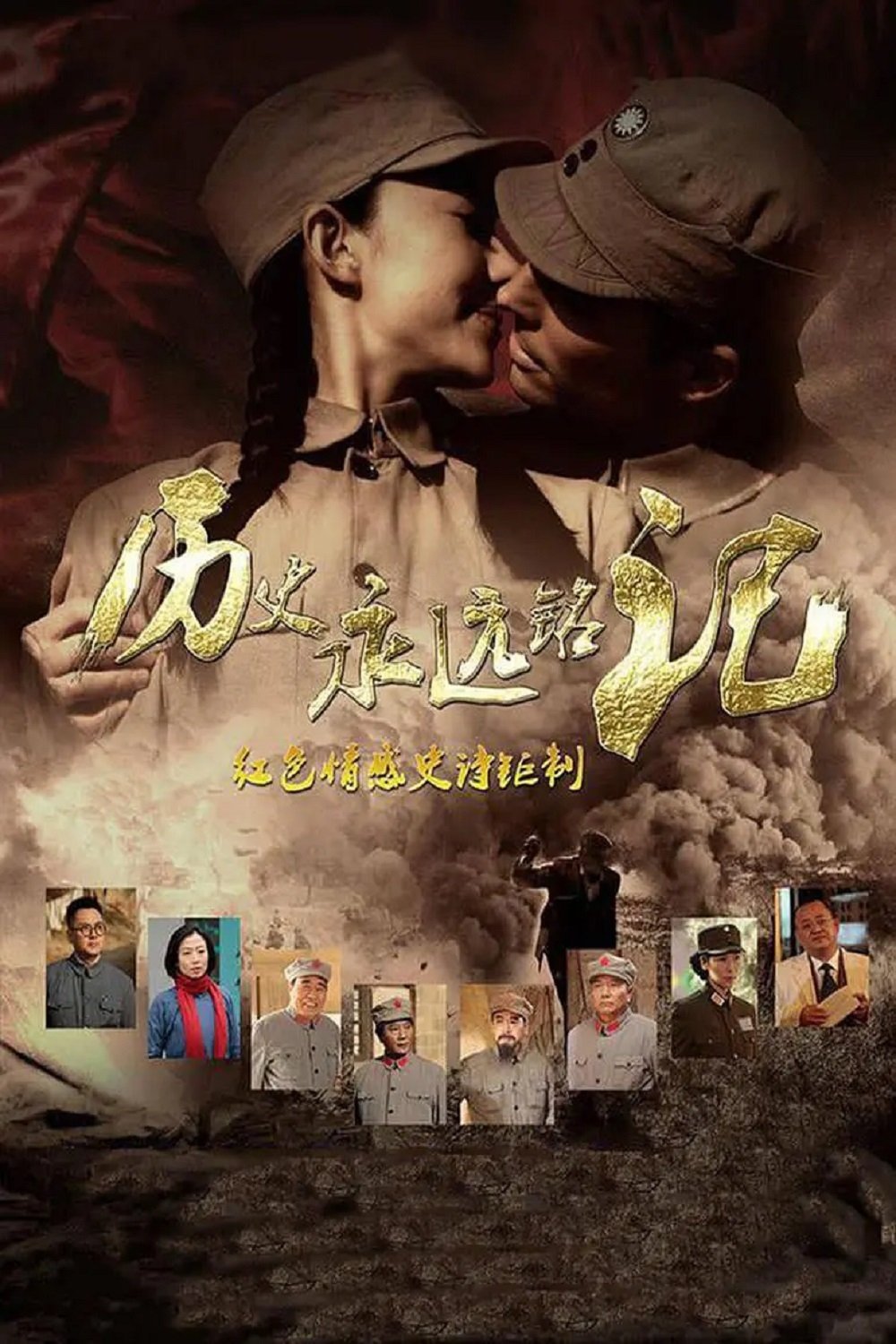
历史永远铭记
Character:
...
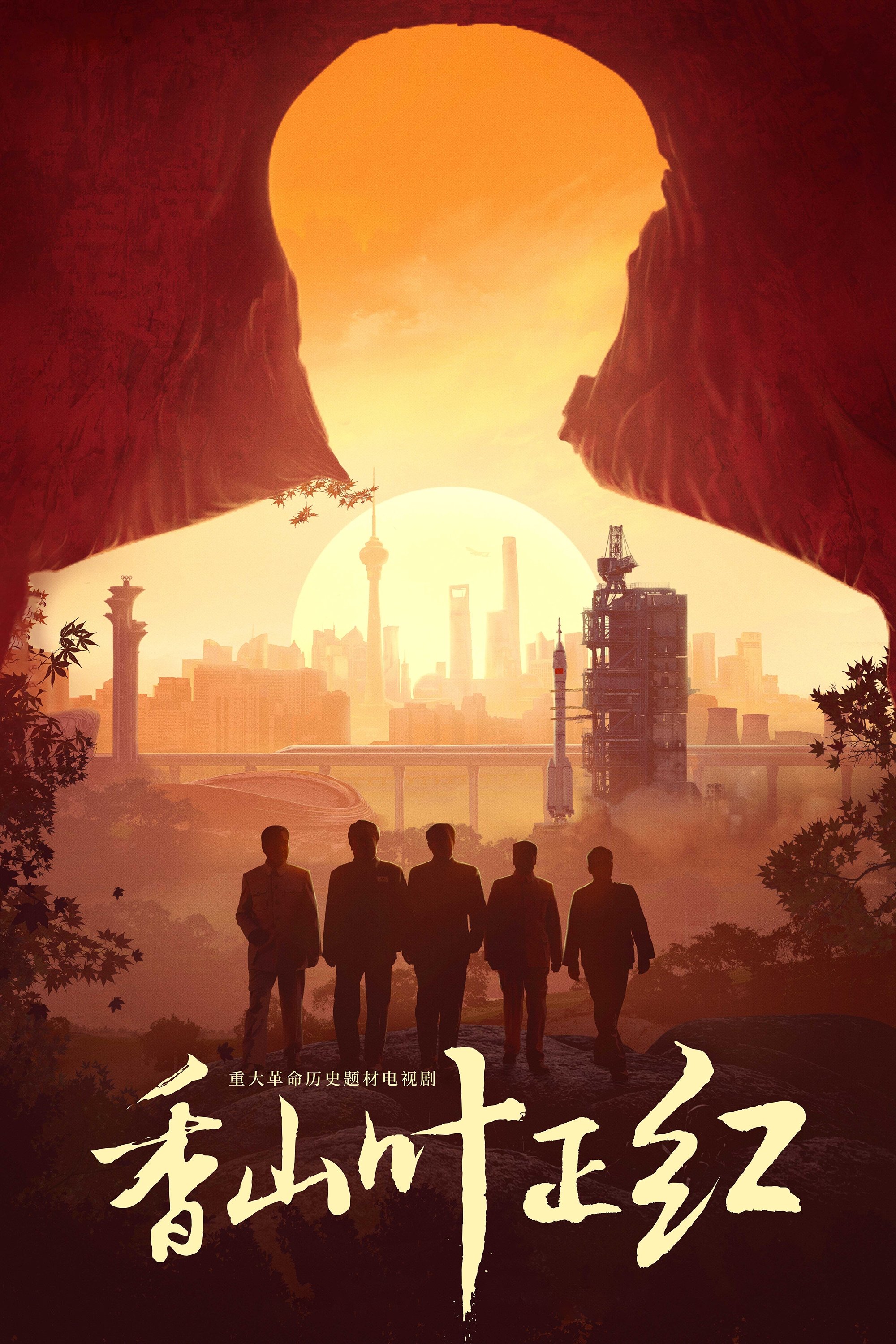
香山叶正红
Character: 朱德
The film mainly focuses on events such as entering Beijing, peace talks, crossing the river, economic construction, preparing for the CPPCC, and convening the CPPCC. After the peaceful liberation of Peiping in 1949, Chairman Mao led the Central Committee of the Communist Party of China to settle in Xiangshan from Xibaipo to "go to Beijing to take the test"....
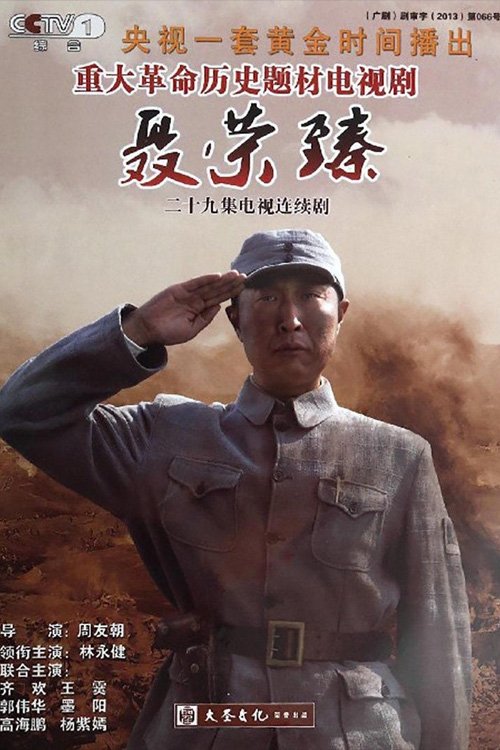
聂荣臻
Character:
The whole drama starts from Comrade Nie Rong Zhen's youthful years studying in France and tells the story of his role in the Agrarian Revolution and the Anti-Japanese War, the most influential historical events and personal experiences in various periods such as the war, the War of Liberation, and the construction of New China. While respecting and restoring history, the drama presents a flesh-and-blood and emotional Nie Rong Zhen to the audience....
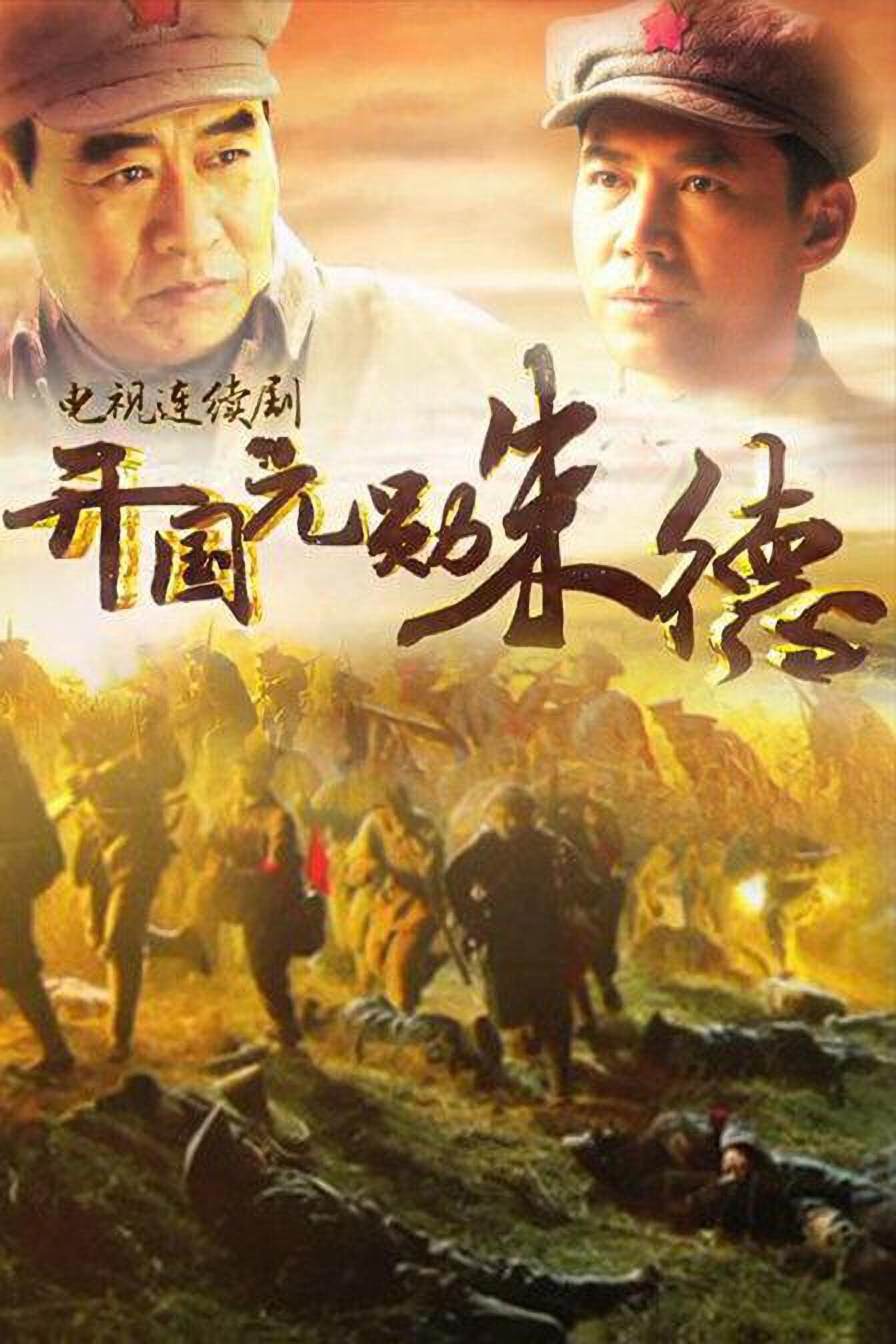
开国元勋朱德
Character:
...
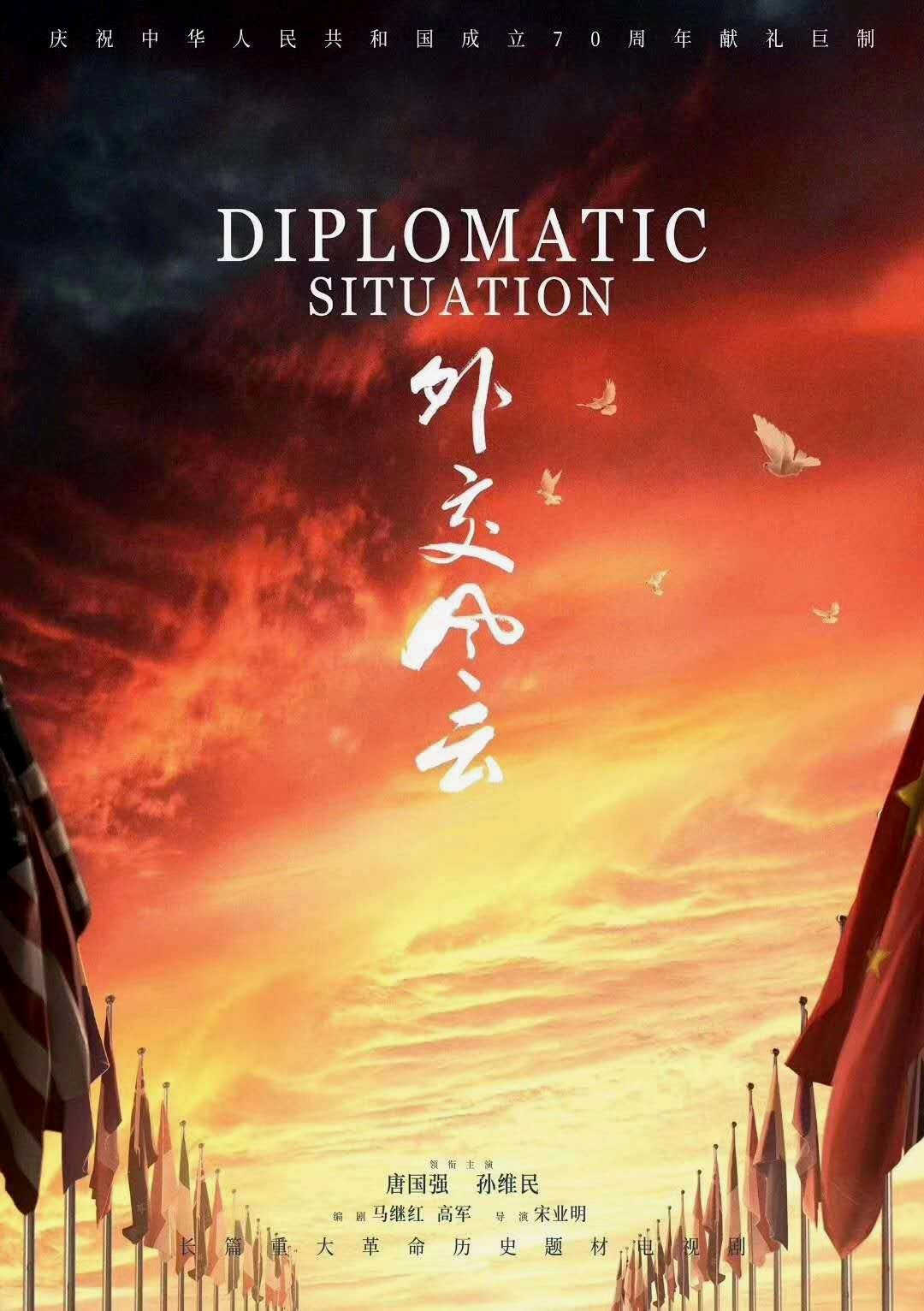
外交风云
Character: Zhu De
...

上将许世友
Character: 朱德
...
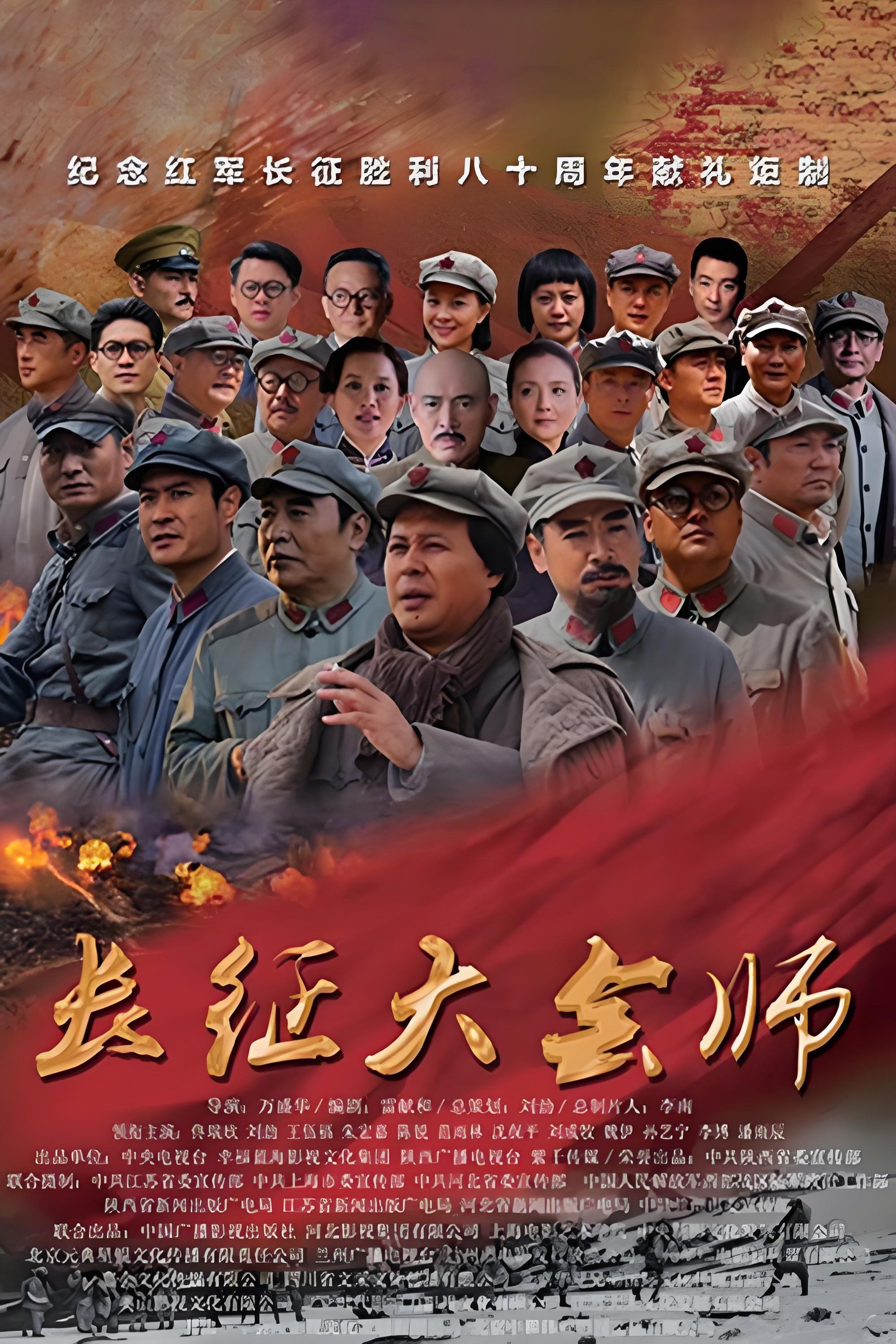
长征大会师
Character: Zhu De
...
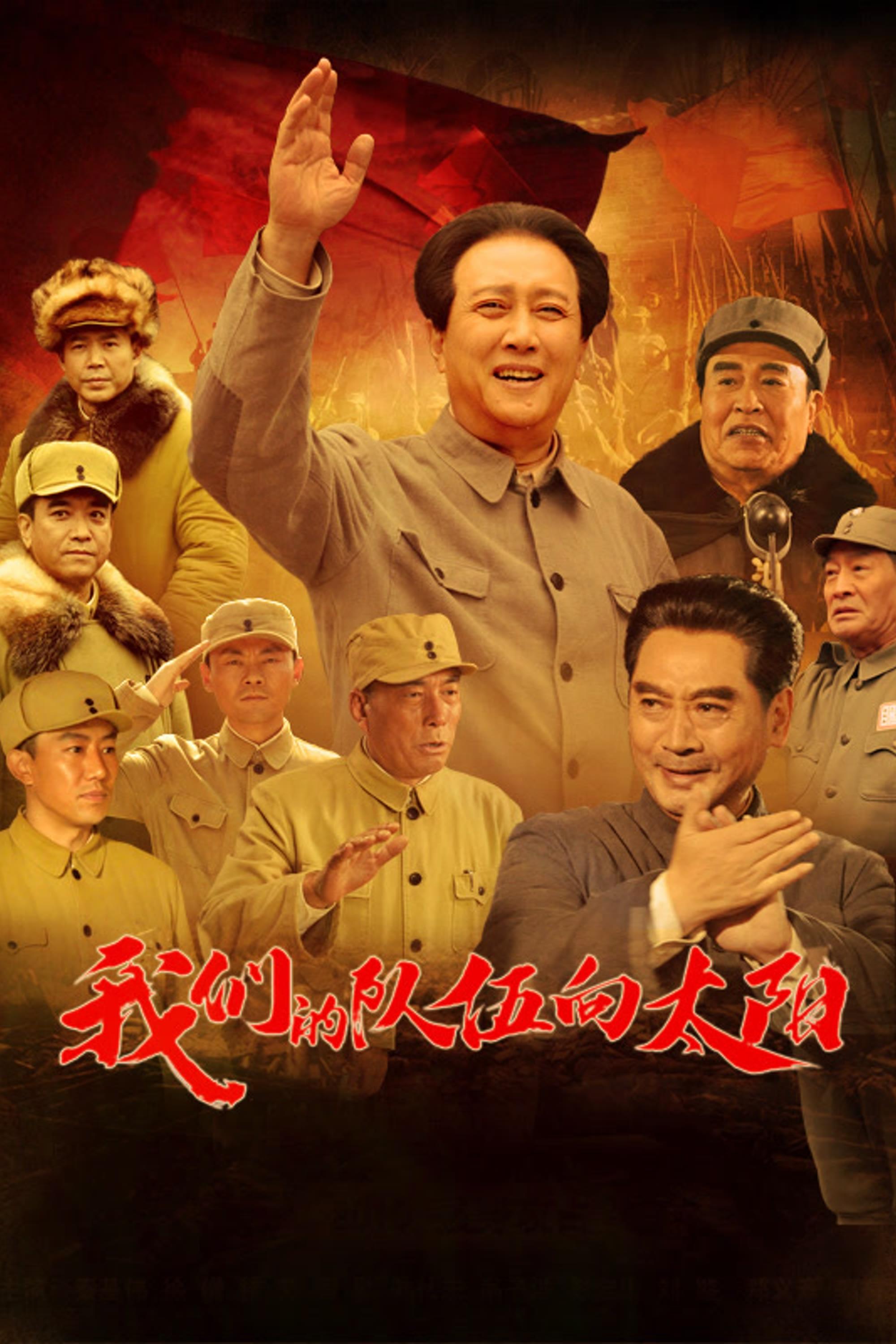
我们的队伍向太阳
Character: Zhu De
...
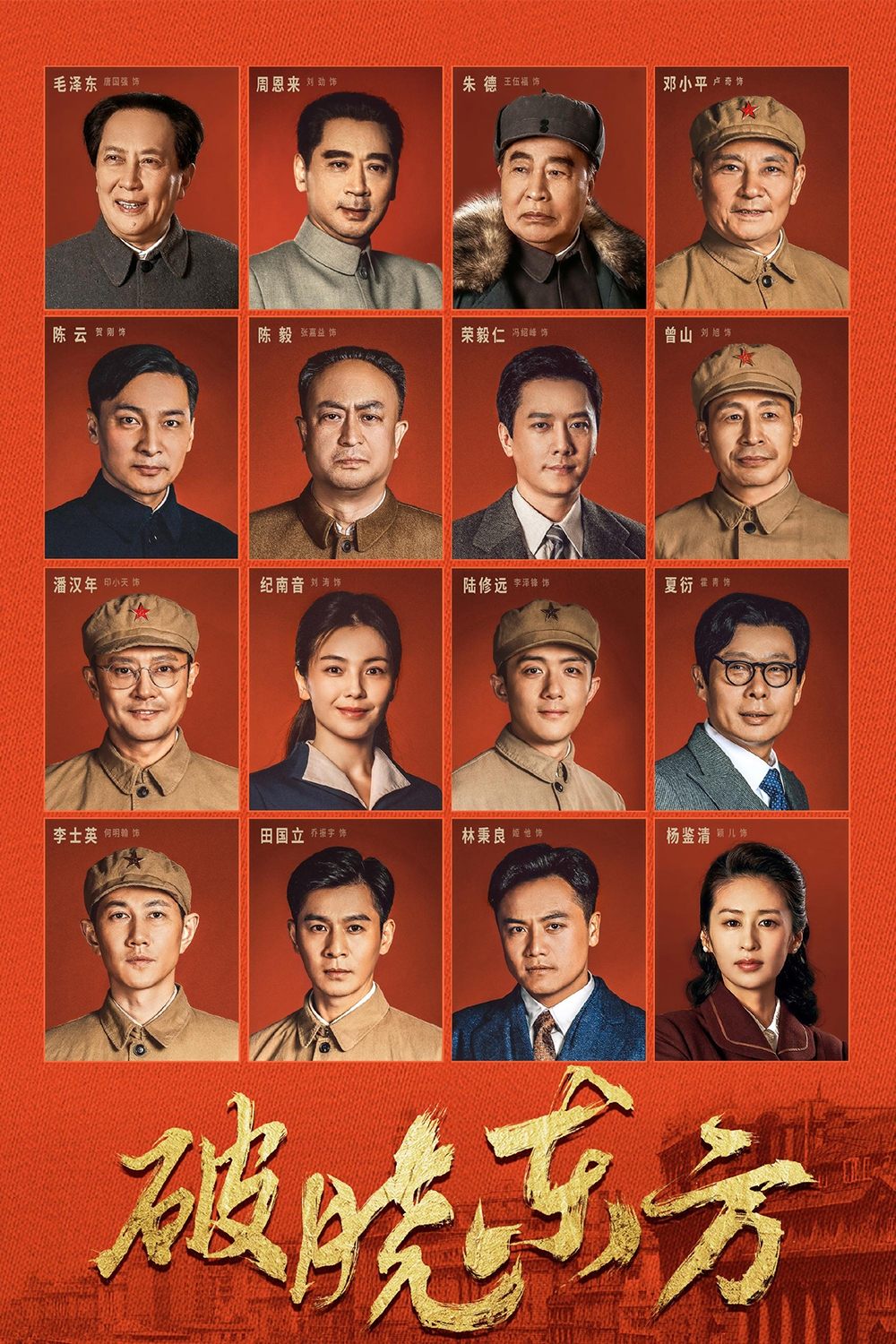
破晓东方
Character: Zhu De
The series provides a comprehensive look at Communist Party of China members' attempts to reconstruct the city and resurrect its economy after Shanghai was liberated in May 1949. It depicts how the Party liberates the city and uses its wisdom, faith and unity to tackle a number of political, economic and social issues. They were successful in guiding Shanghai into a new era of peace, stability and development. Based on true historical events, the drama focuses on the challenges faced by the ci...
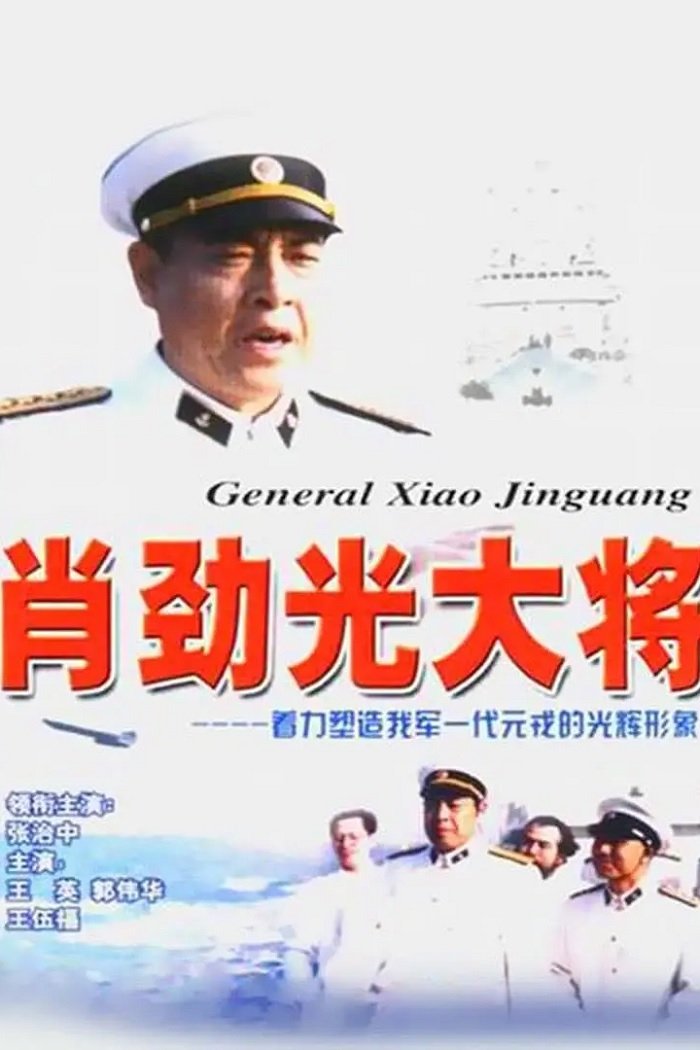
肖劲光大将
Character: 朱德
...
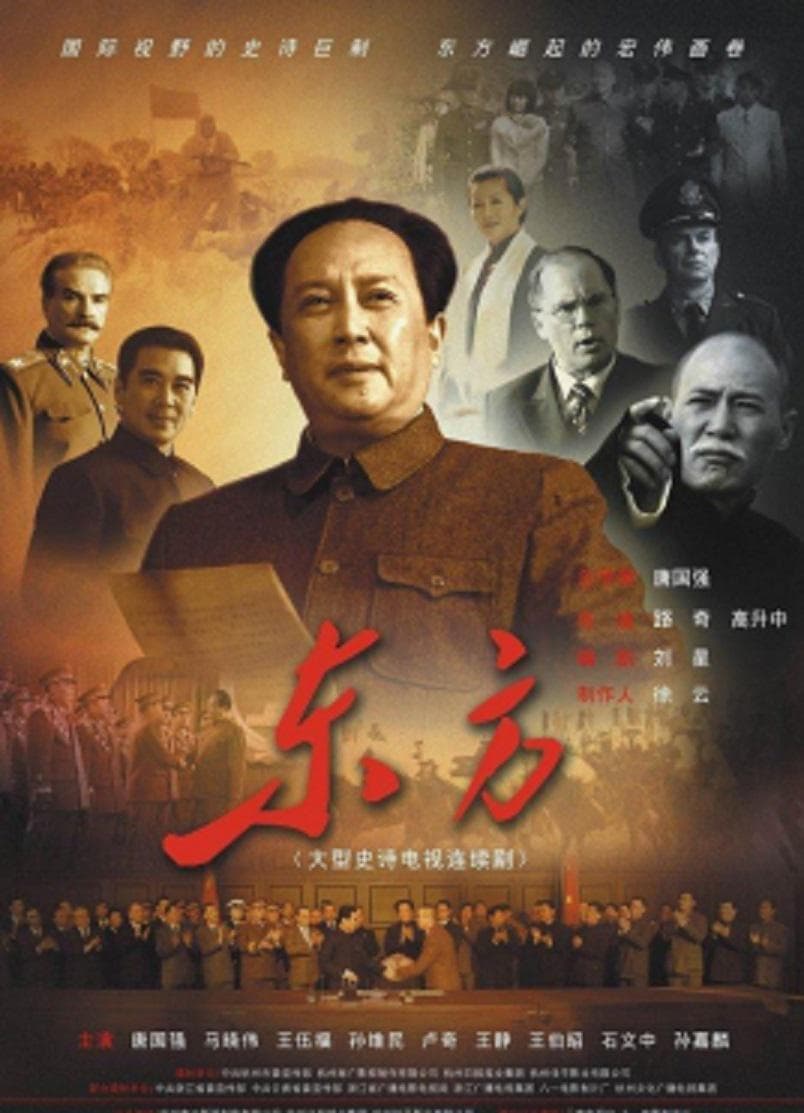
The East
Character:
...
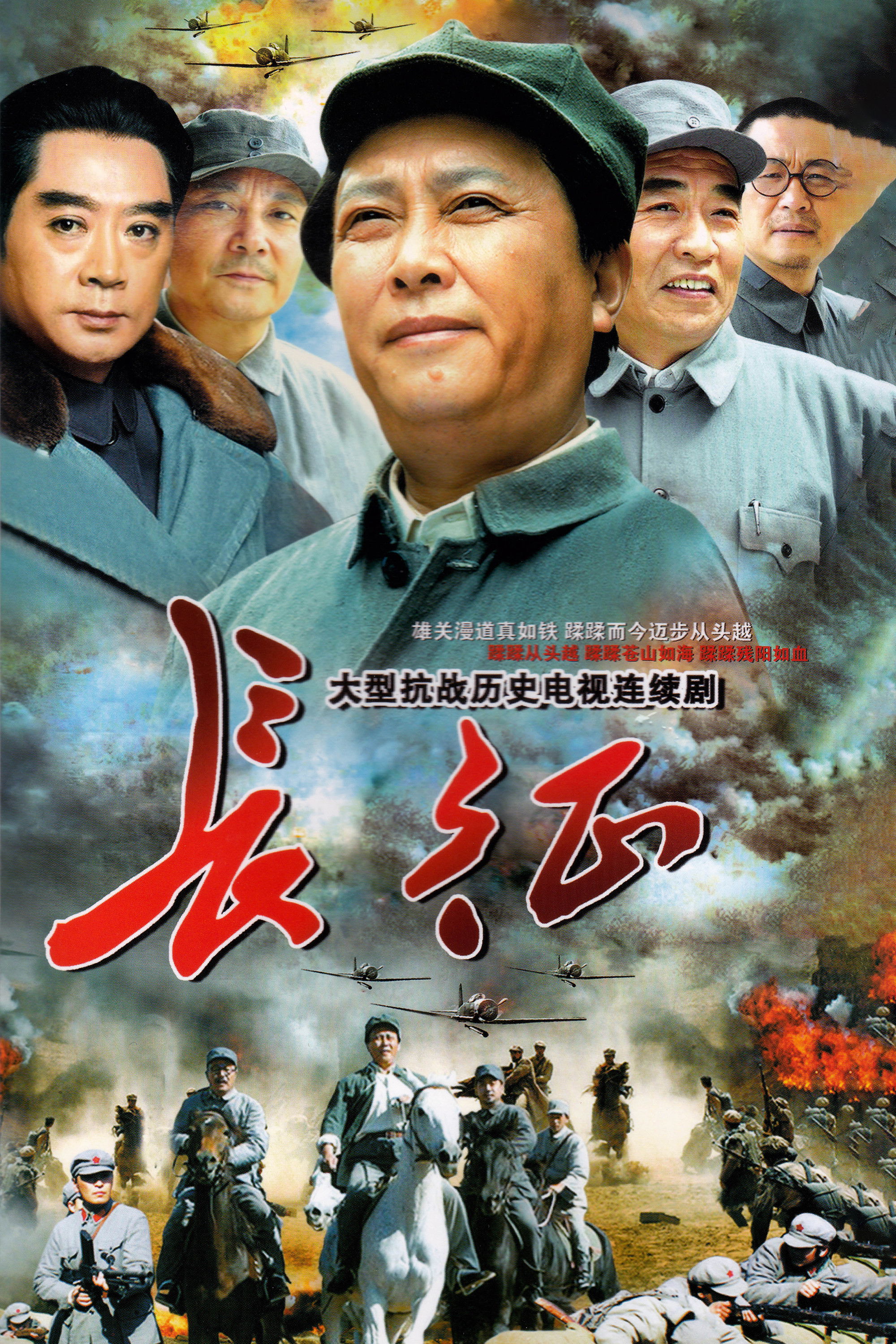
长征
Character: 朱德
...
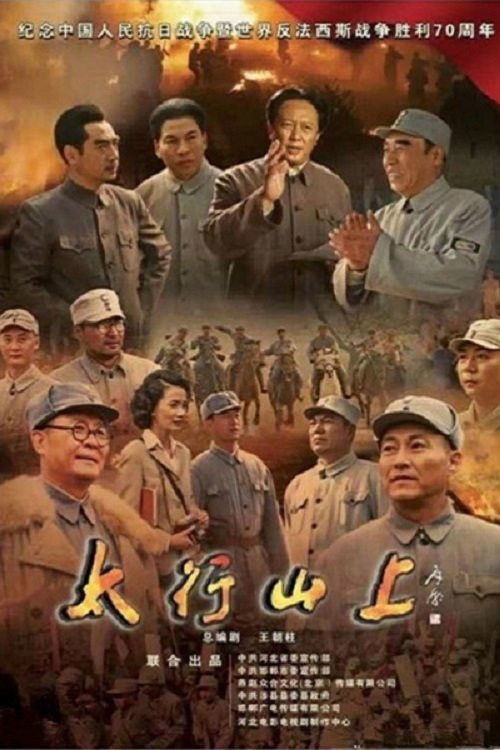
太行山上
Character: Zhu De
Amid the brutal War of Resistance Against Japan, commanders Liu Bocheng and Deng Xiaoping lead the 129th Division into the Taihang Mountains, uniting civilians and fighters in a daring guerrilla campaign to repel the Japanese invasion and protect China’s liberated territories....
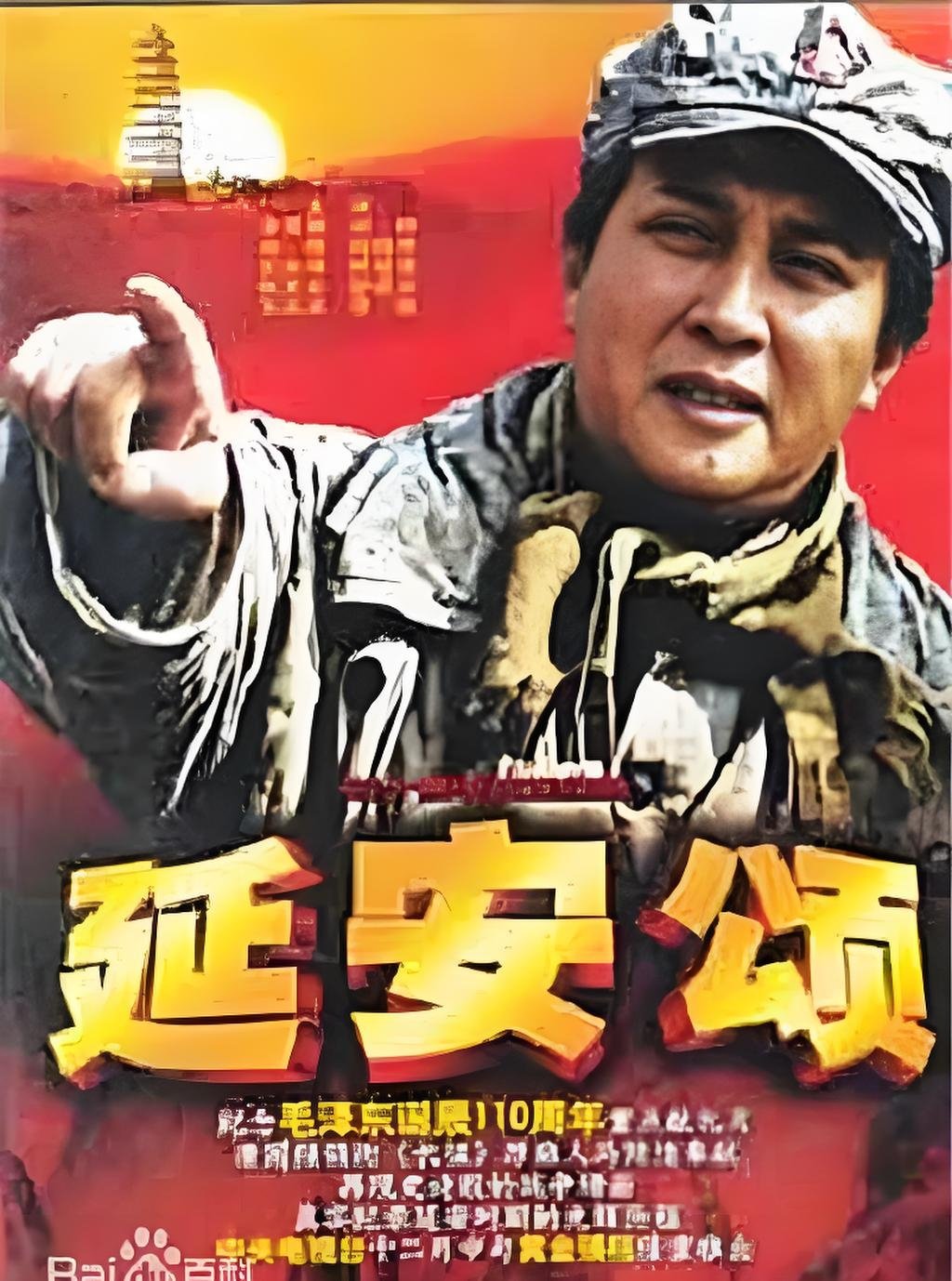
延安颂
Character: 朱德
...
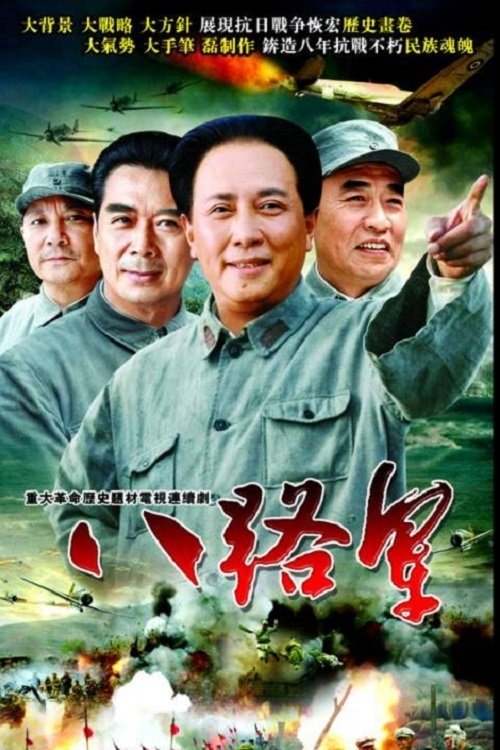
八路军
Character: 朱德
...
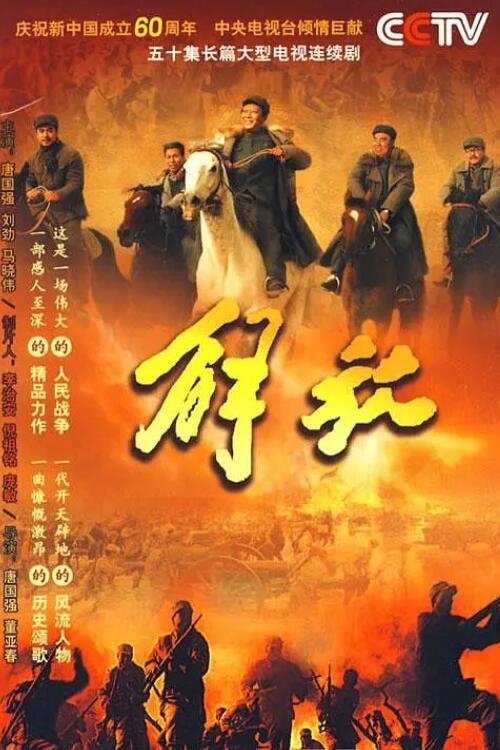
解放
Character: 朱德
...
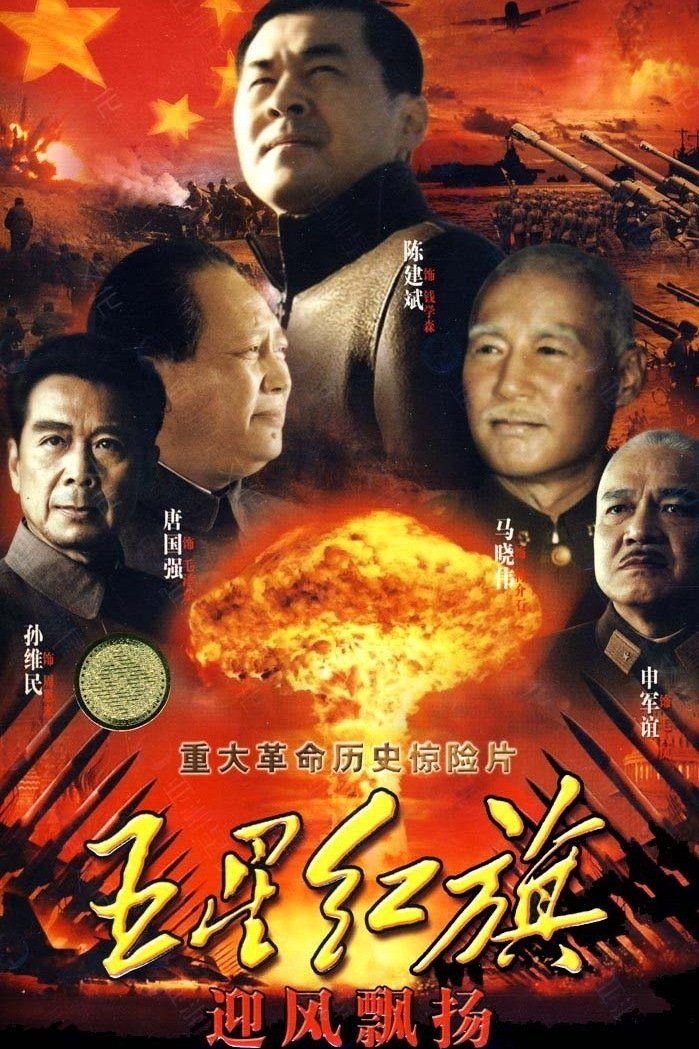
五星红旗迎风飘扬
Character: 朱德
...
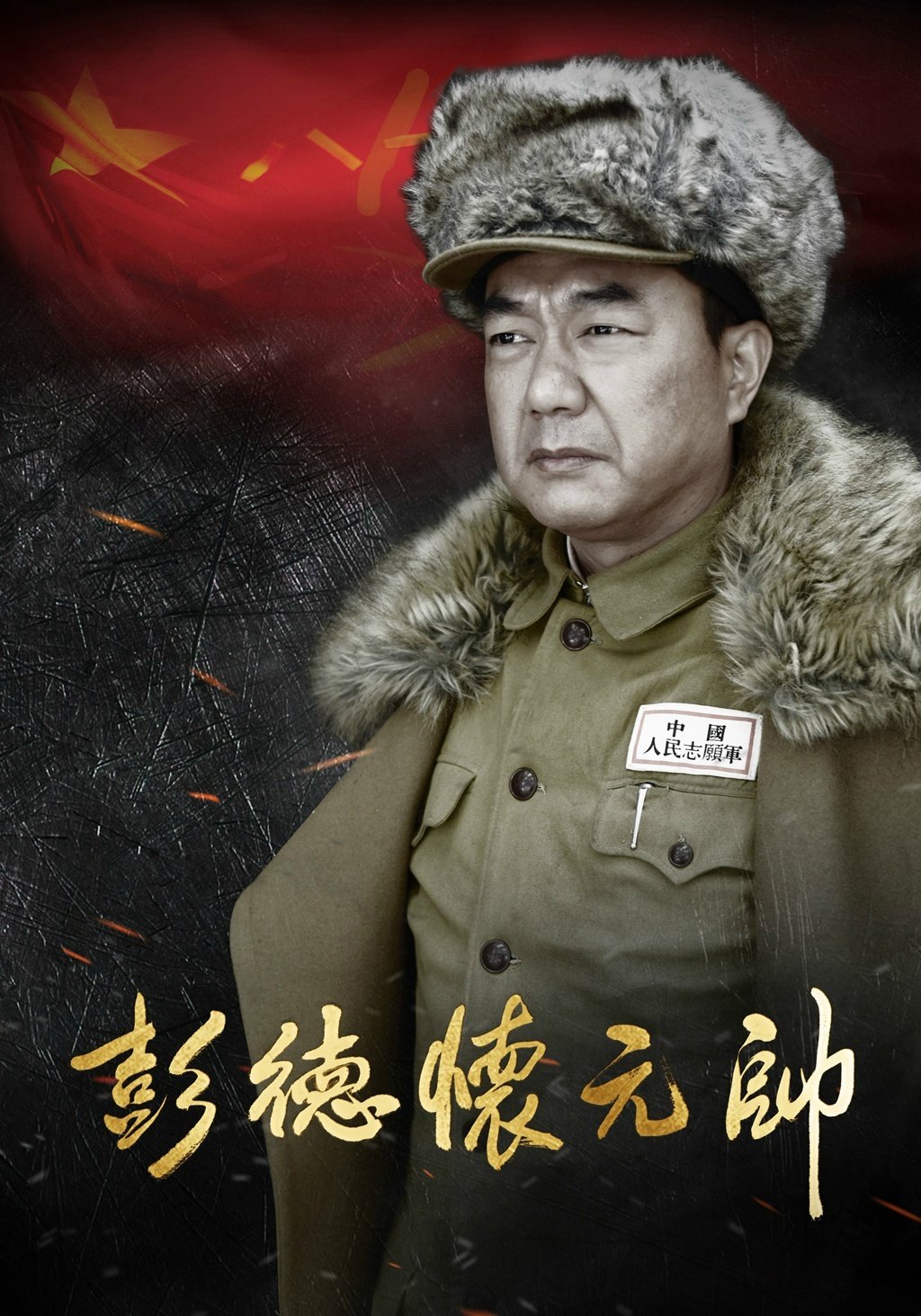
彭德怀元帅
Character: 朱德
This drama describes the life of Peng Dehuai (1898-1974), one of the Ten Marshals of the People's Republic of China....
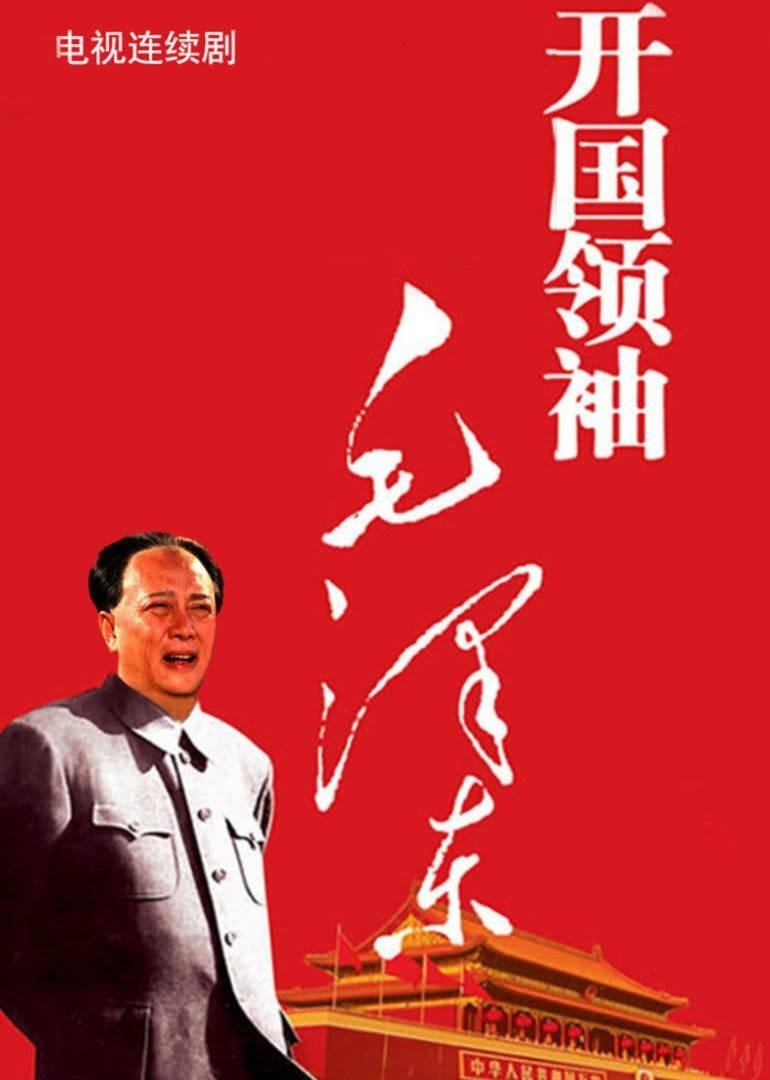
开国领袖毛泽东
Character: 朱德
...
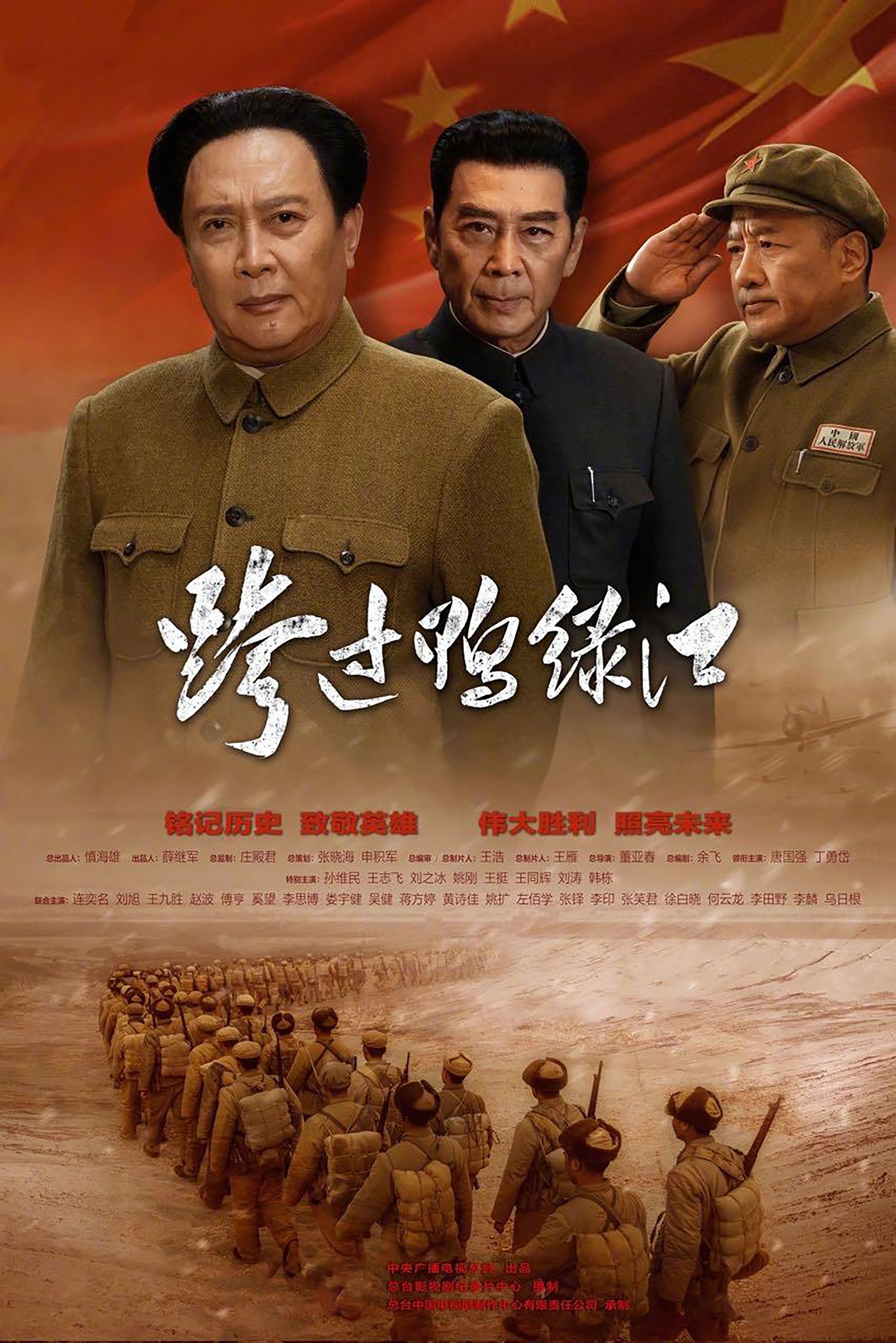
跨过鸭绿江
Character: Zhu De
Amid the outbreak of the Korean War in 1950, China decisively intervenes, deploying the Volunteer Army under Mao Zedong’s strategic guidance. Facing fierce battles and shifting leadership on both sides, the war culminates in prolonged negotiations....
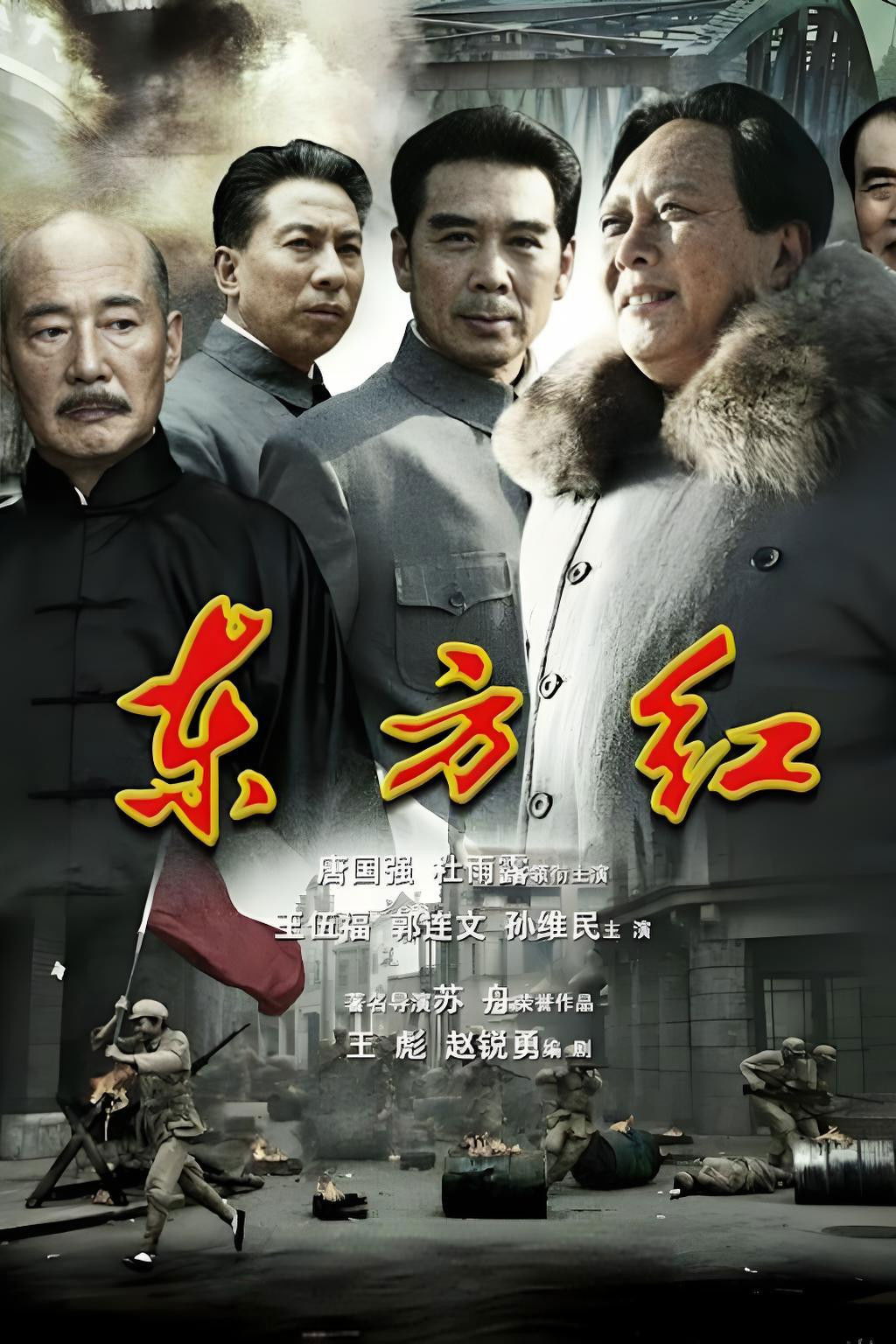
东方红1949
Character:
...
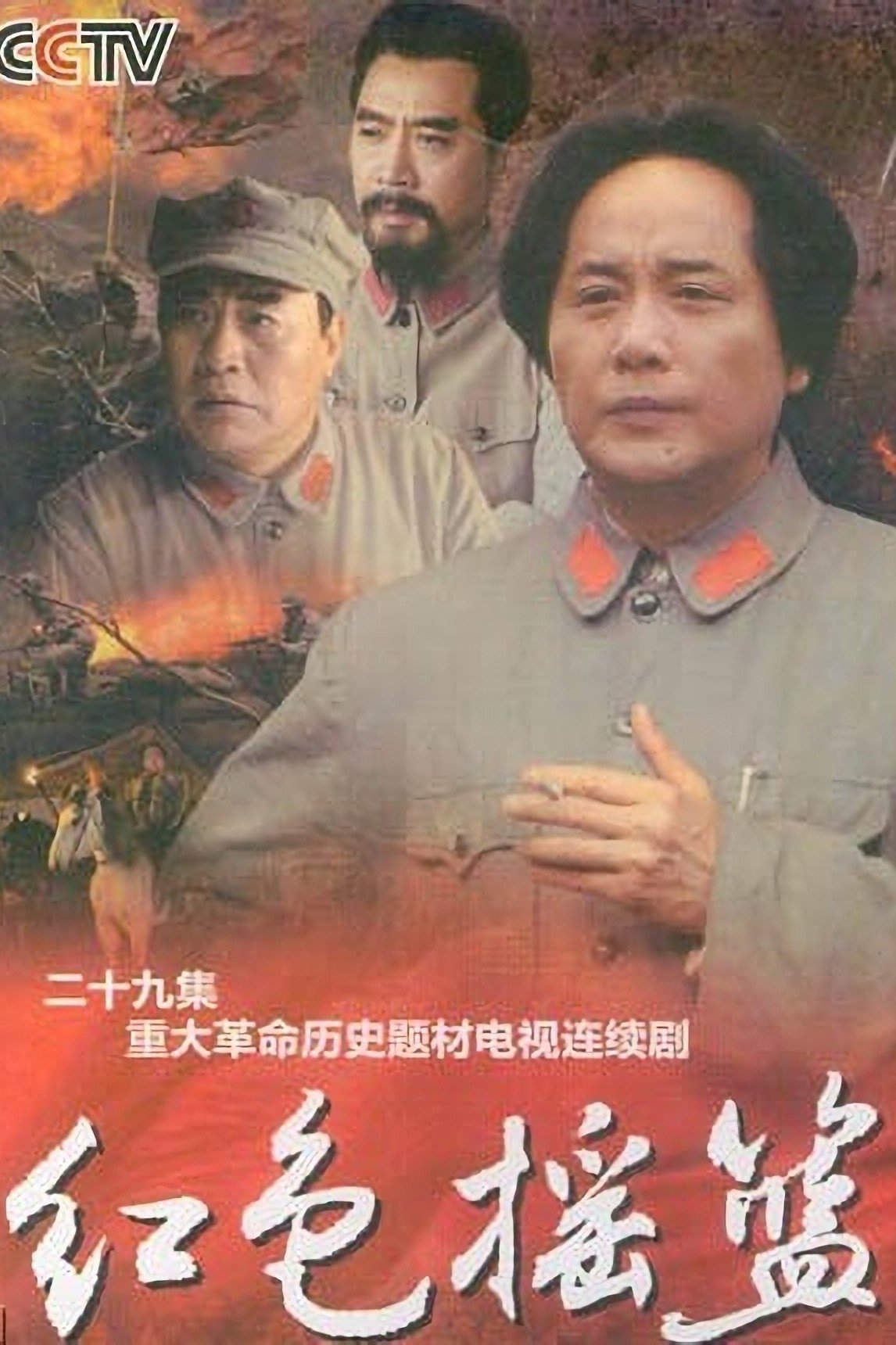
红色摇篮
Character:
...
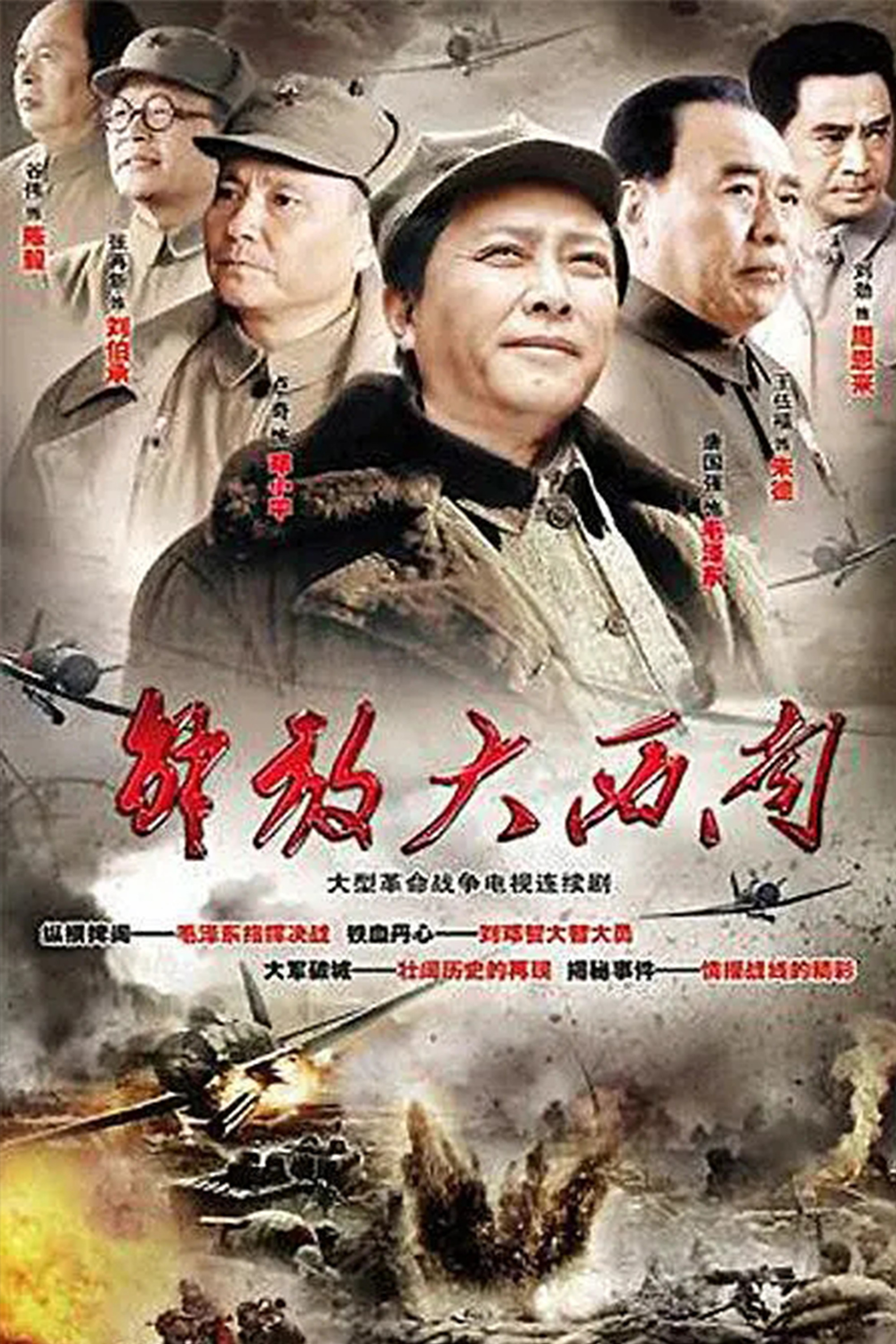
解放大西南
Character:
...
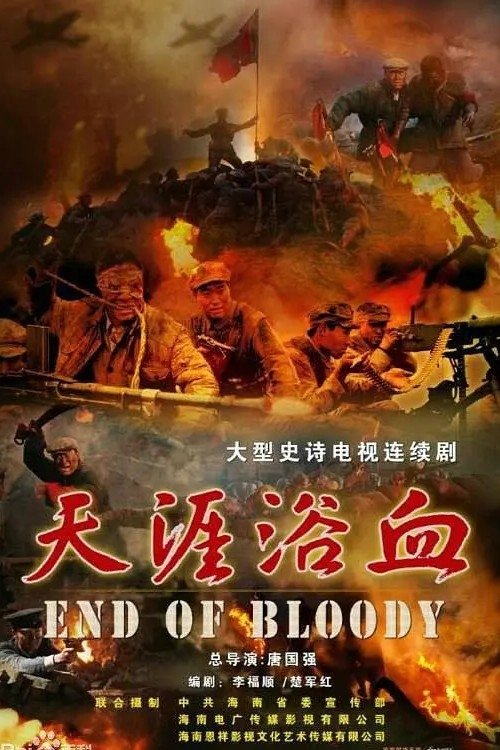
天涯浴血
Character:
...
Movie Credits

The Volunteers: To the War
Character: 朱德
In the early days of the founding of the People's Republic of China in 1949, New China was faced with "internal and external troubles". Since the outbreak of the Korean Civil War, the U.S. military has repeatedly provoked the border between China and North Korea, and civilians have been brutally bombed. In order to maintain the hard-won peace and long-term stability for generations, in October 1950, the Chinese People's Volunteers entered North Korea, and the "Resist US Aid Korea" war kicked off...
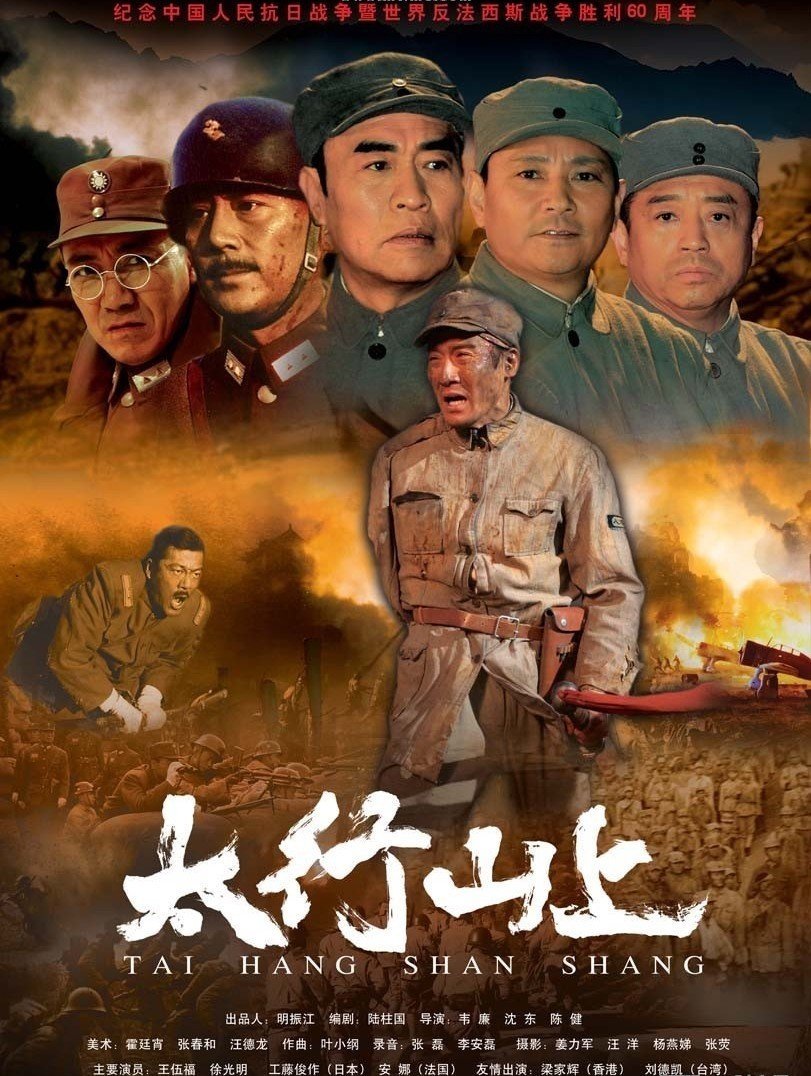
On the Mountain of Tai Hang
Character: Zhu De
During the Sino-Japanese War, Commander-in-Chief Zhu De leads the Eighth Route Army in pivotal battles against the Japanese invaders....
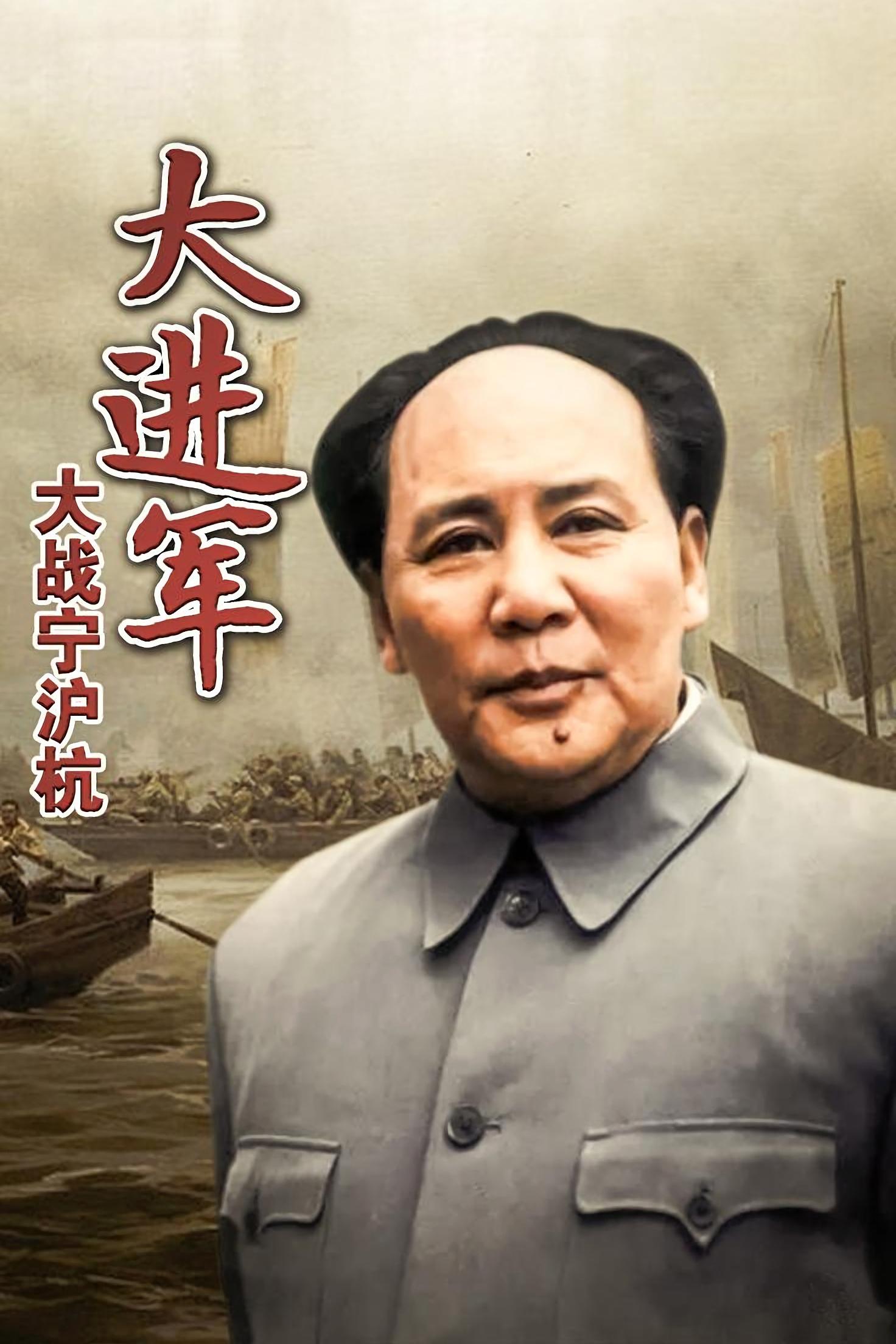
The Great Military March Forward: Fight for Nanjing, Shanghai and Hangzhou
Character: 朱德
...
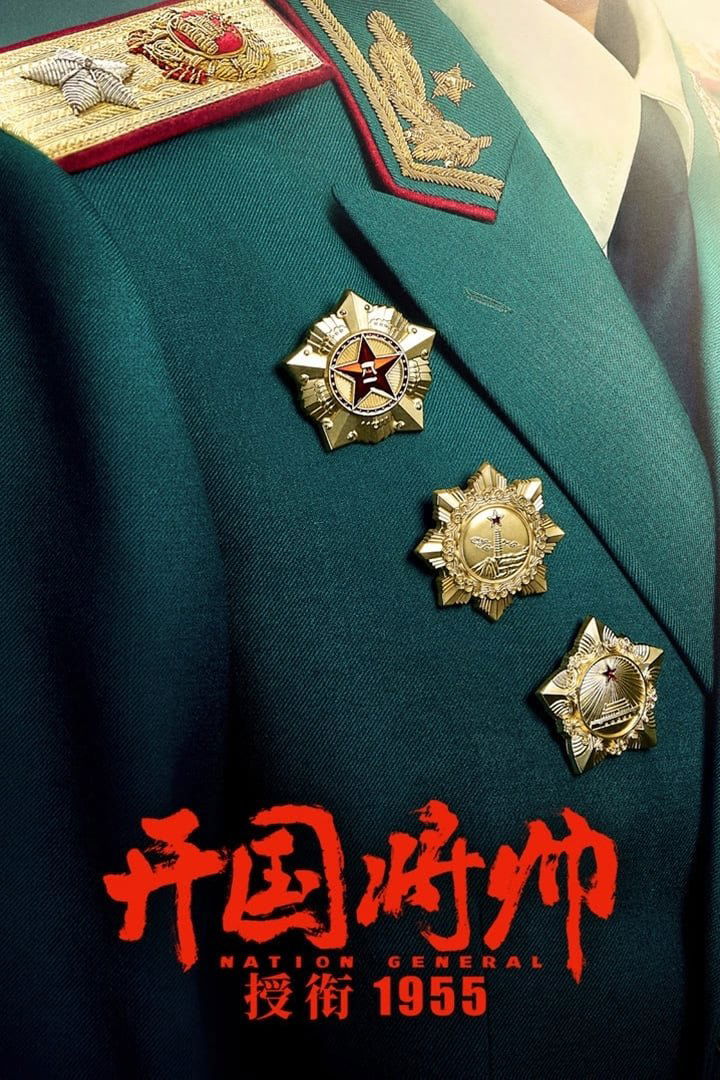
The Award of the Founding General in 1955
Character: Zhu De
The film tells the story of the first award ceremony of 1,052 meritorious generals of the Chinese People's Liberation Army On September 23, 1955, the 22nd Meeting of the Standing Committee of the First National People's Congress decided to award Zhu De and other 10 senior generals of the Chinese People's Liberation Army with the rank of Marshal of the People's Republic of China, and they were awarded by order of the then President Mao Zedong. On September 27, 1955, the Central Military Commiss...
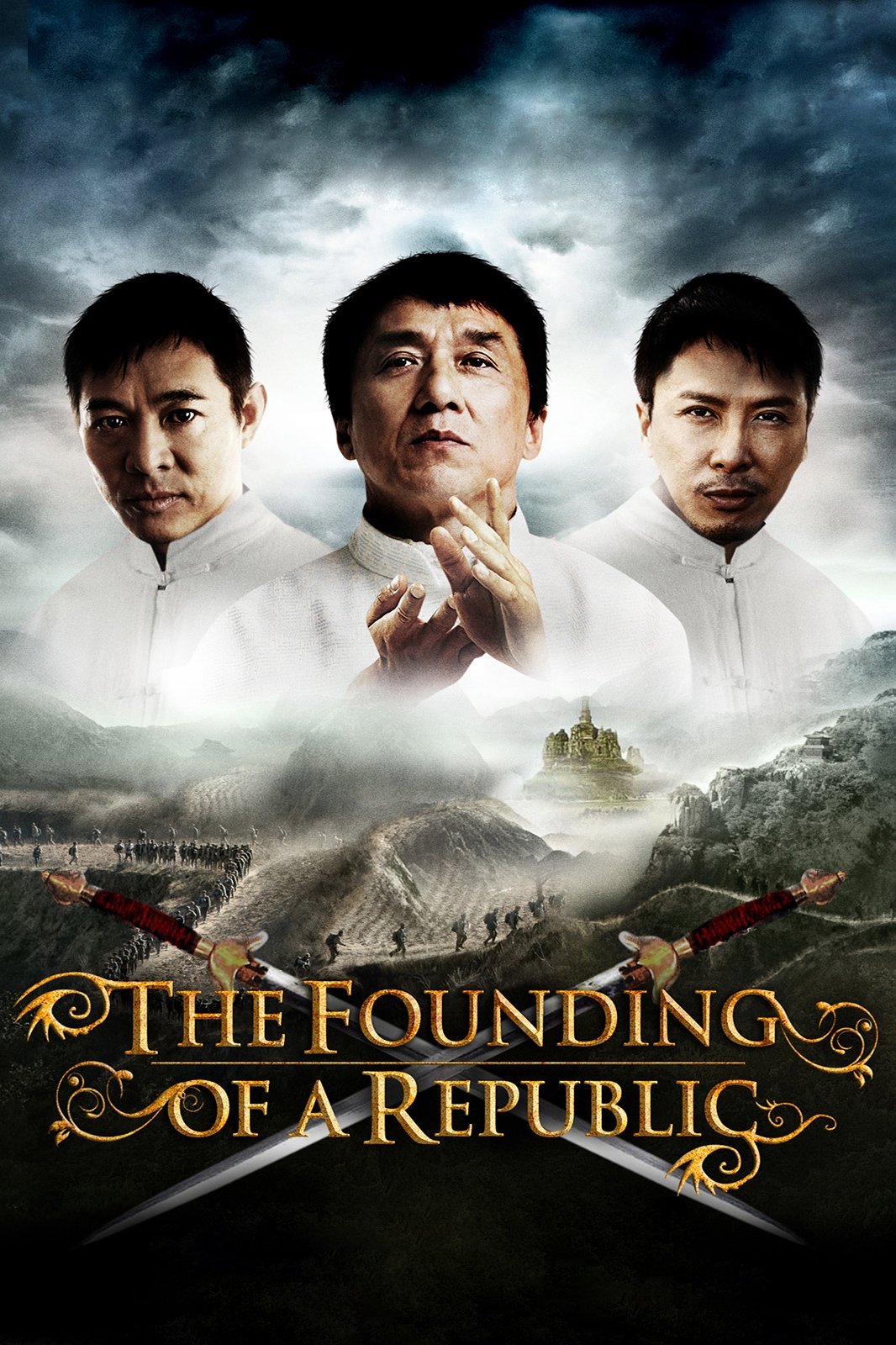
The Founding of a Republic
Character: Zhu De
The tale of one man who fought against the tyranny of a ruler and led his people in battle in the ultimate sacrifice for his country....
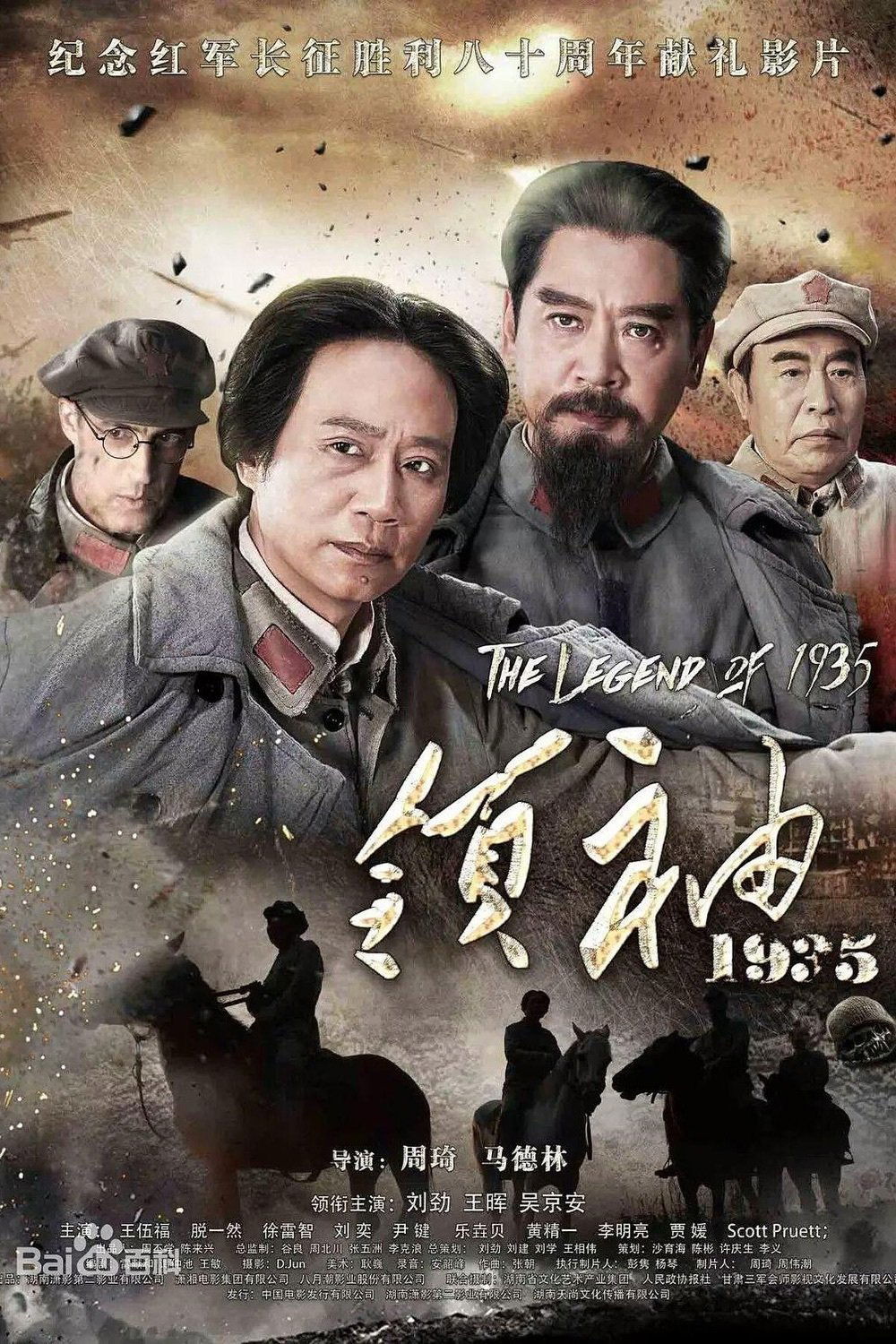
The Legend of 1935
Character: Zhu De
...
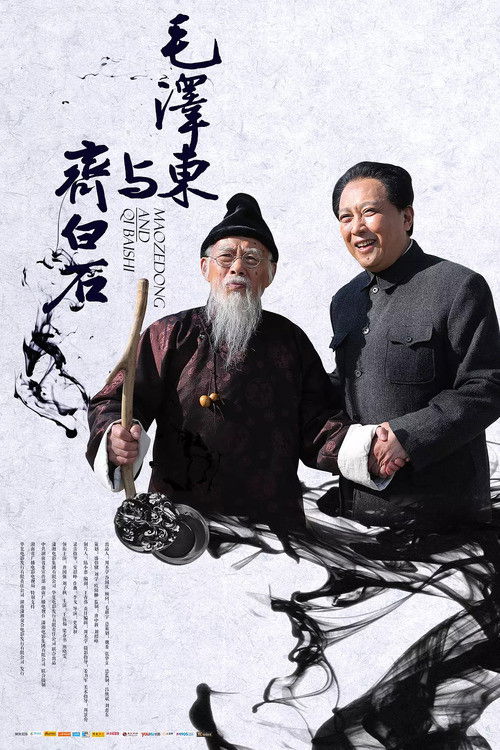
Mao Zedong and Qi Baishi
Character:
After the end of the three major campaigns, the situation in China has undergone fundamental changes. Before the Kuomintang forces withdrew from Peiping, they adopted a series of psychological policies for the literary and art circles, hoping that they would also leave Beiping together. The leaders of the Communist Party of China, such as Mao Zedong, who was far away from Xibaipo, also paid great attention to the people of the literary and art circles in Beijing. They sent Tian Han and other com...
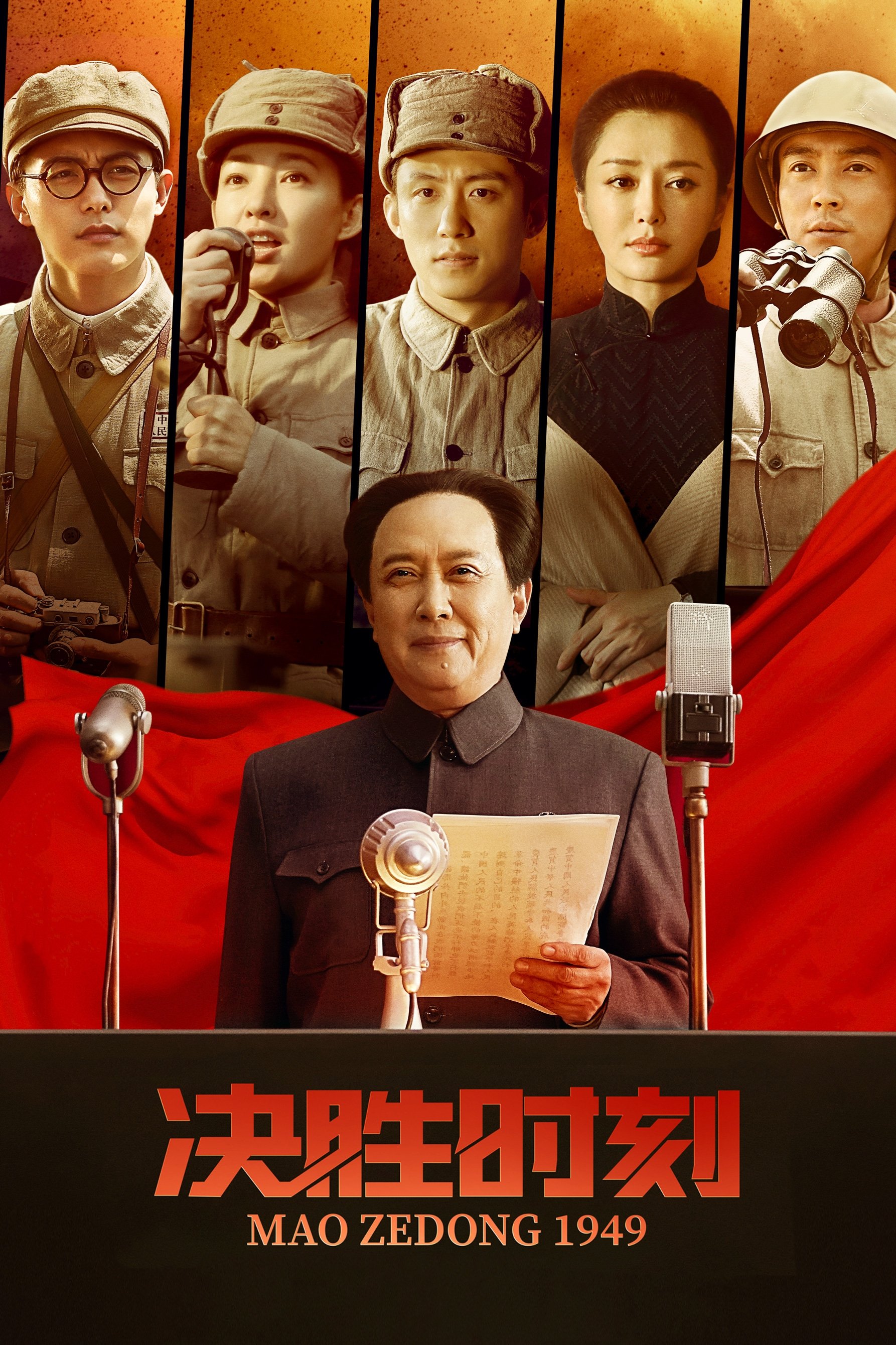
Mao Zedong 1949
Character: Zhu De
The film is set in 1949, as the members of the Central Committee of the Communist Party of China prepare to establish a new Chinese state, the People's Republic of China....
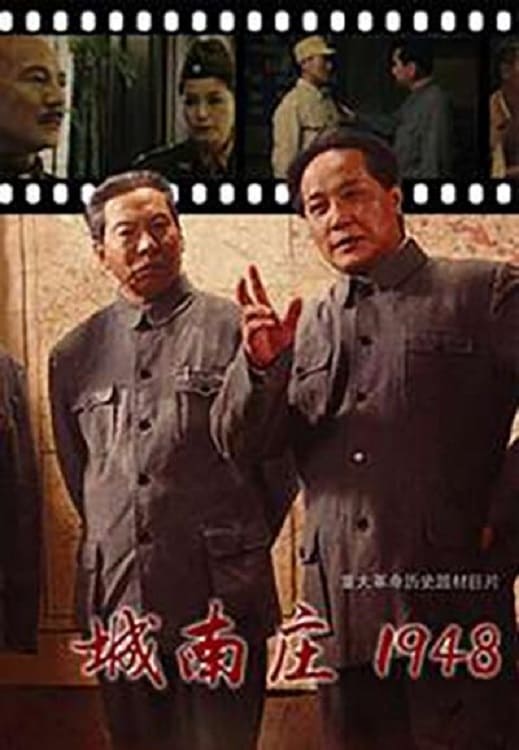
城南庄1948
Character:
...
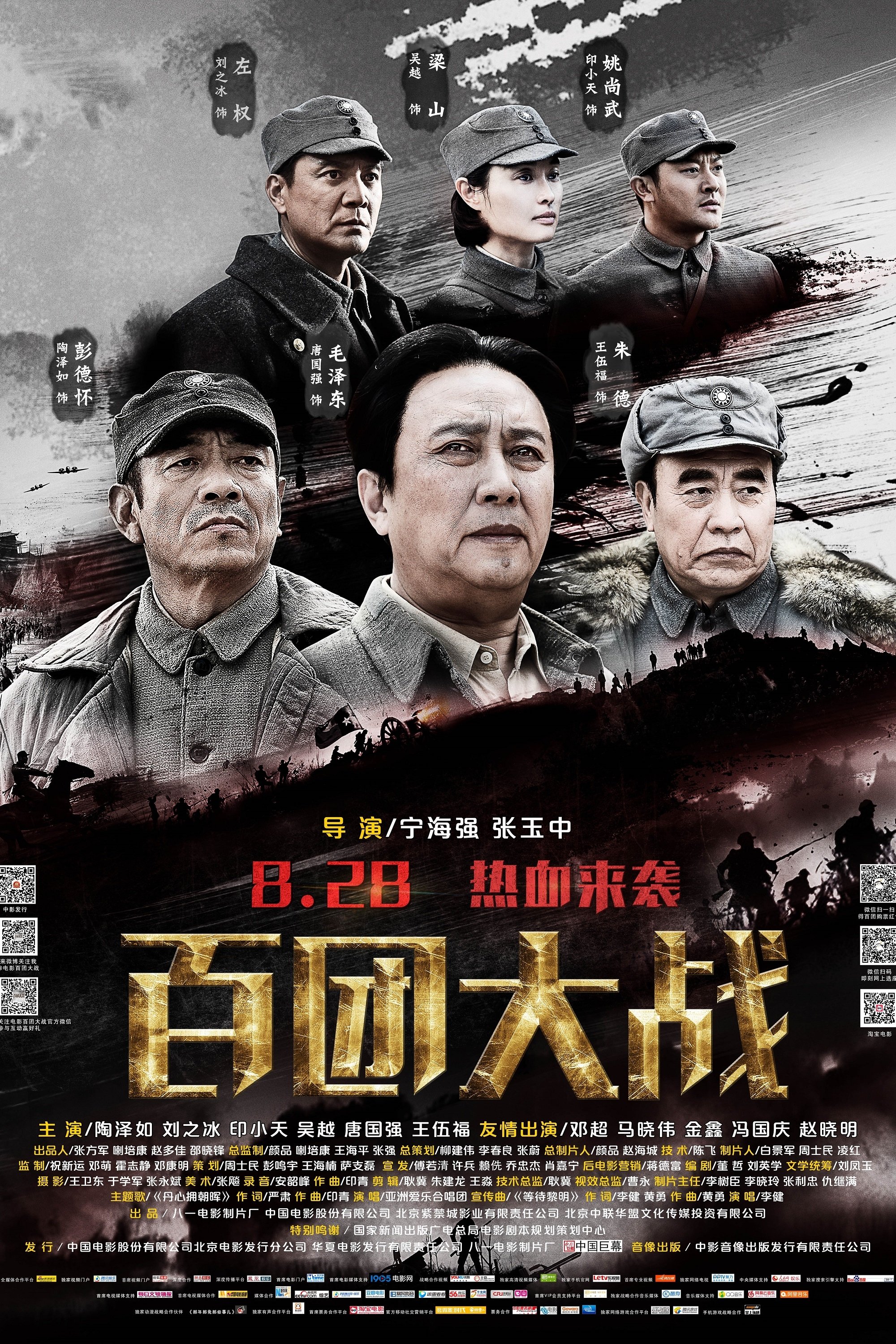
The Hundred Regiments Offensive
Character: 朱德
The Japanese has invaded far into china, defeating the Kuomintang (KMT) soldiers many times and pushing them back into Central China. There was a general sentiment among anti-Japanese resistance forces that the Communist Party of China (CCP) was not contributing enough to the war, and that they were only interested in expanding their power. As a result, the CCP planned a major offensive against the Japanese, consisting of 105 regiments, called the Hundred Regiments Offensive....
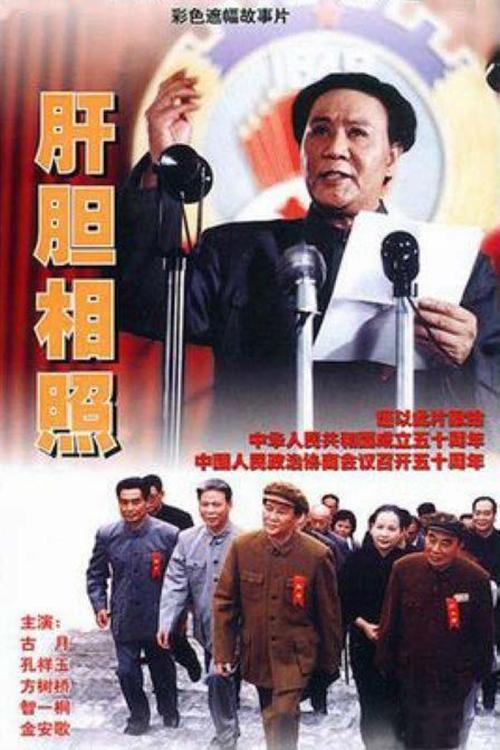
肝胆相照
Character: 朱德
...
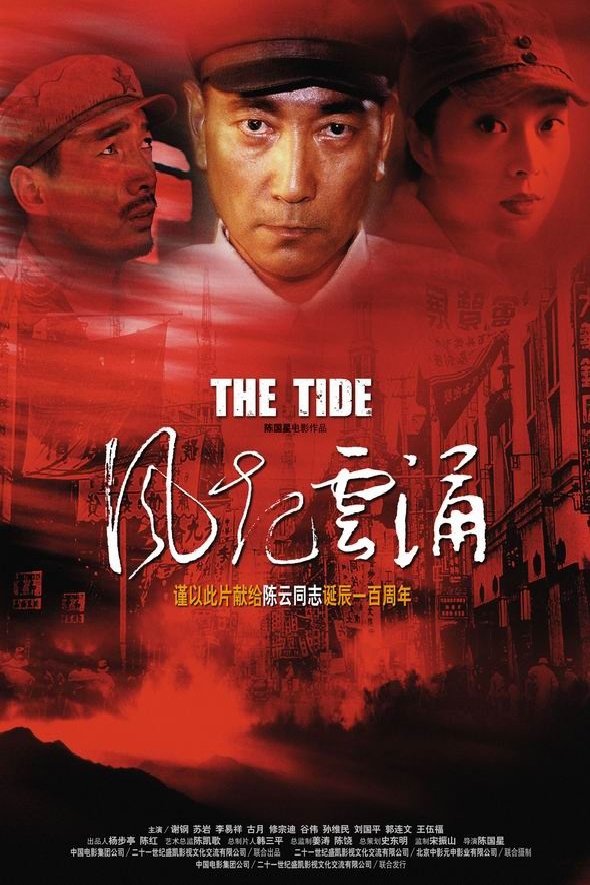
风起云涌
Character:
...
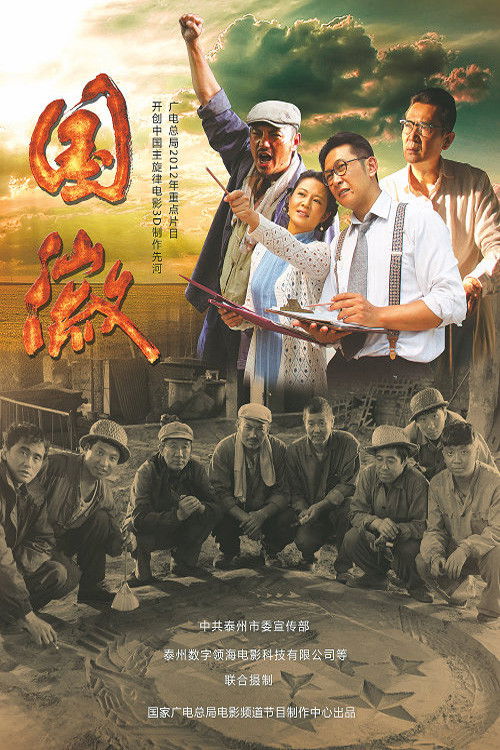
National Emblem
Character:
...
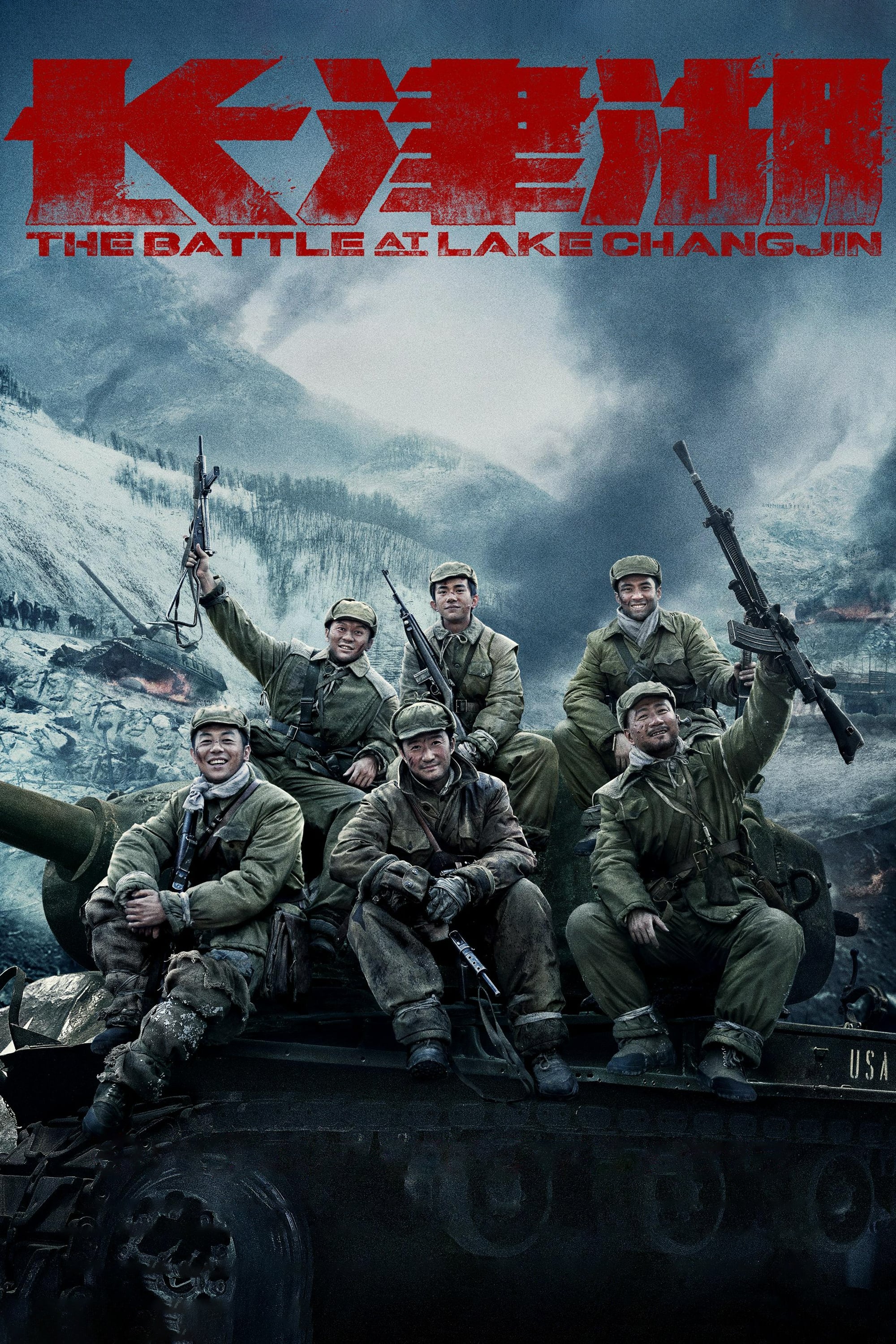
The Battle at Lake Changjin
Character: Zhu De
Korean War, winter 1950. In the frozen and snowy area of Changjin Lake, a bloody battle is about to begin between the elite troops of the United States and China....